
ICAN 7, 2025
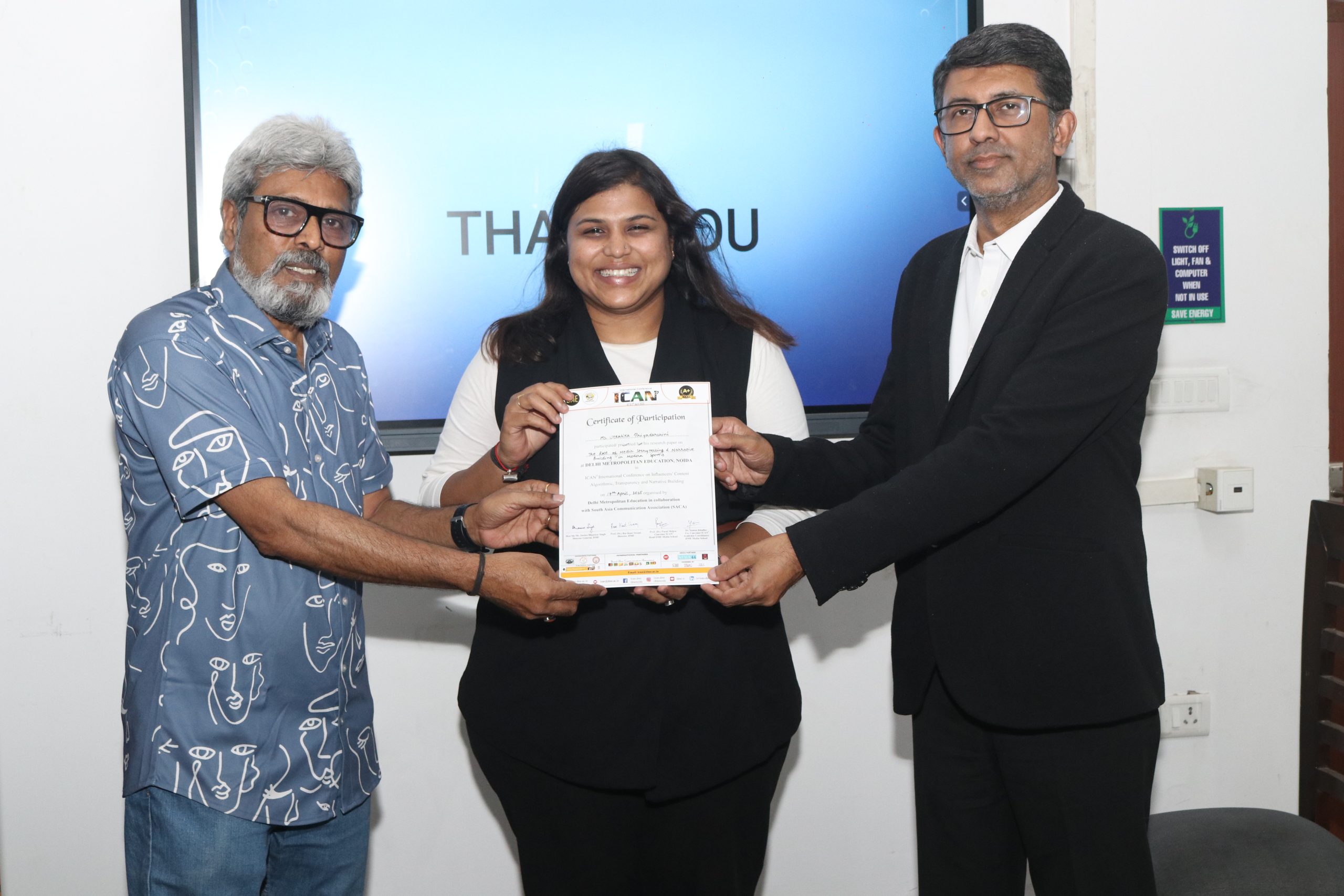
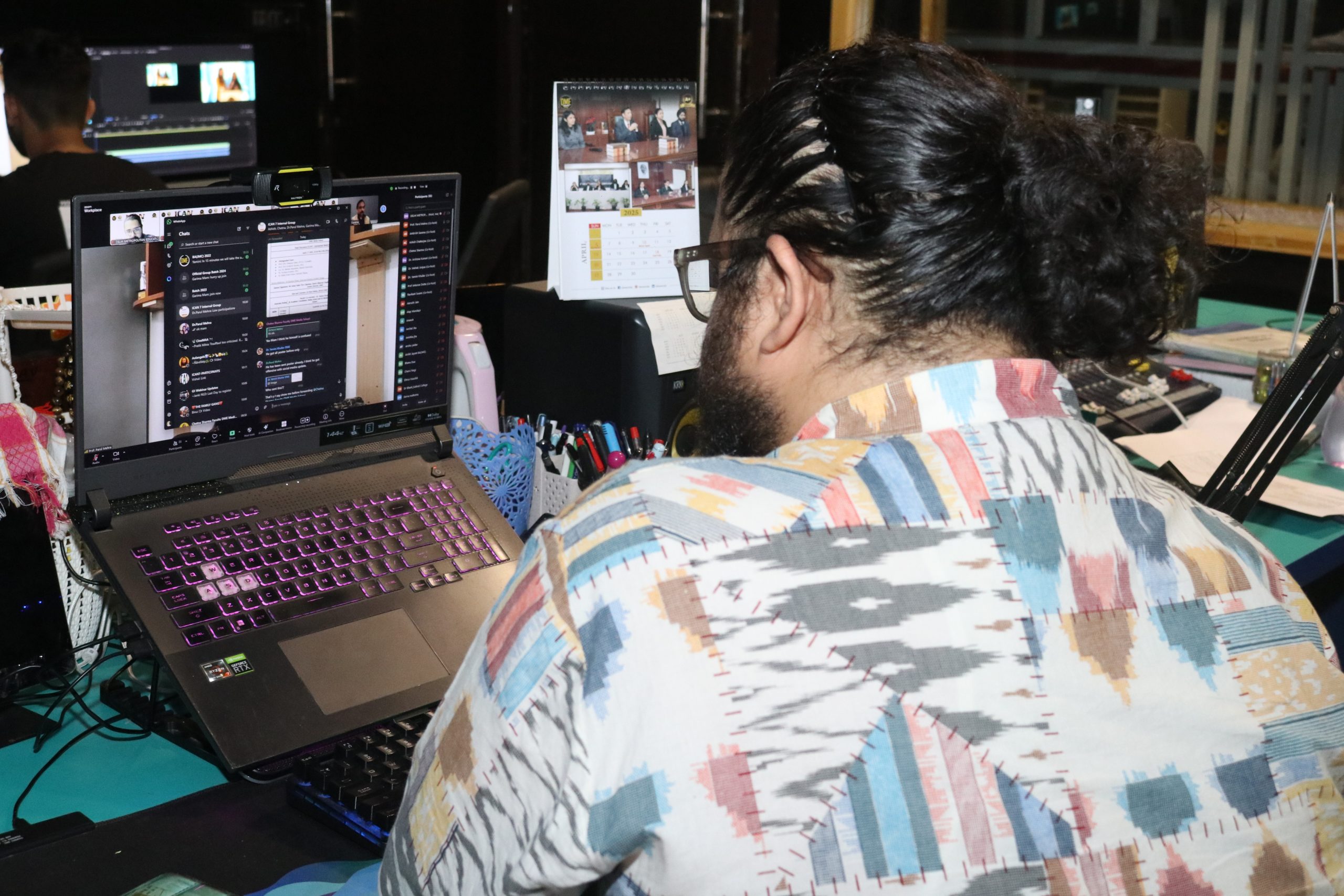
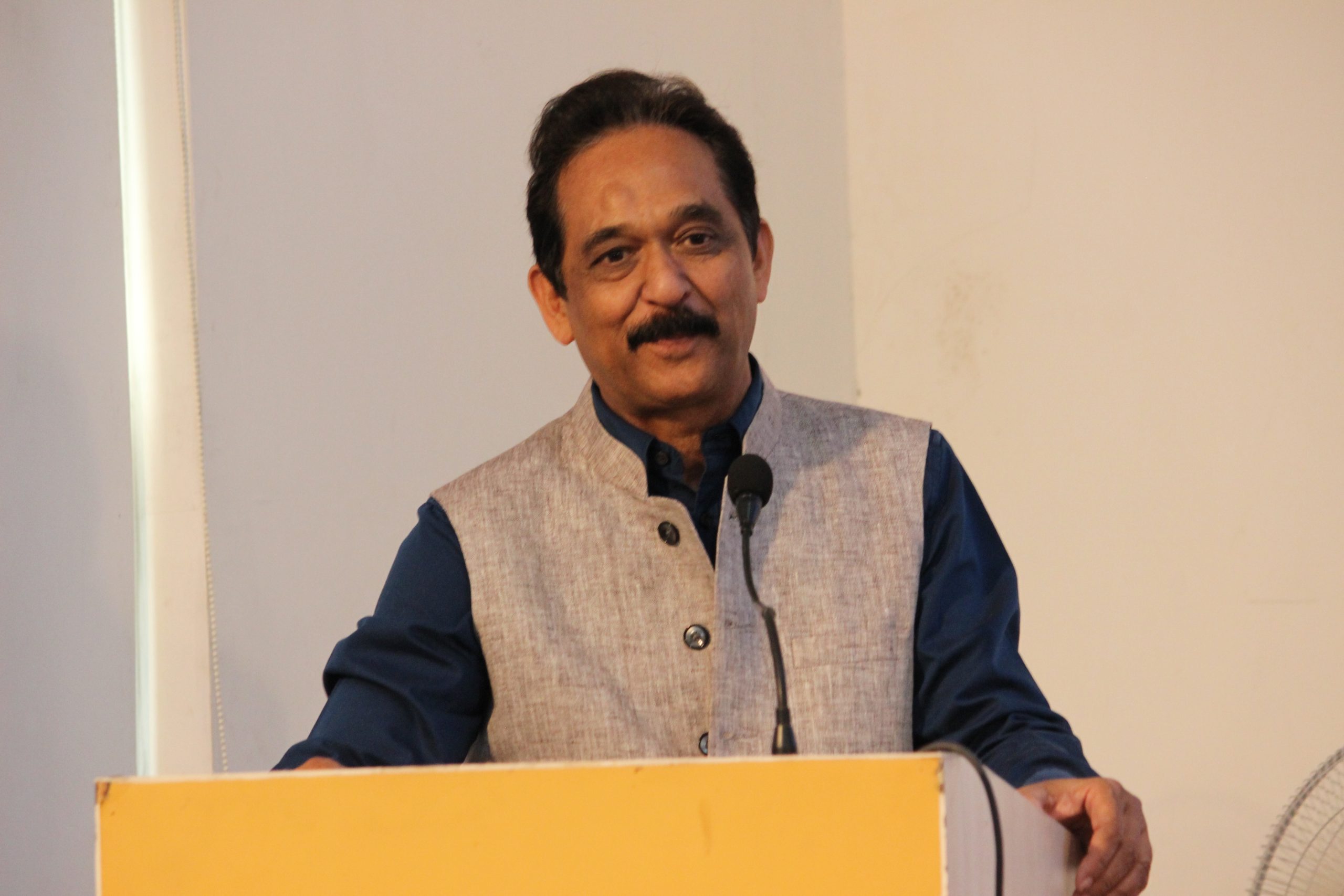
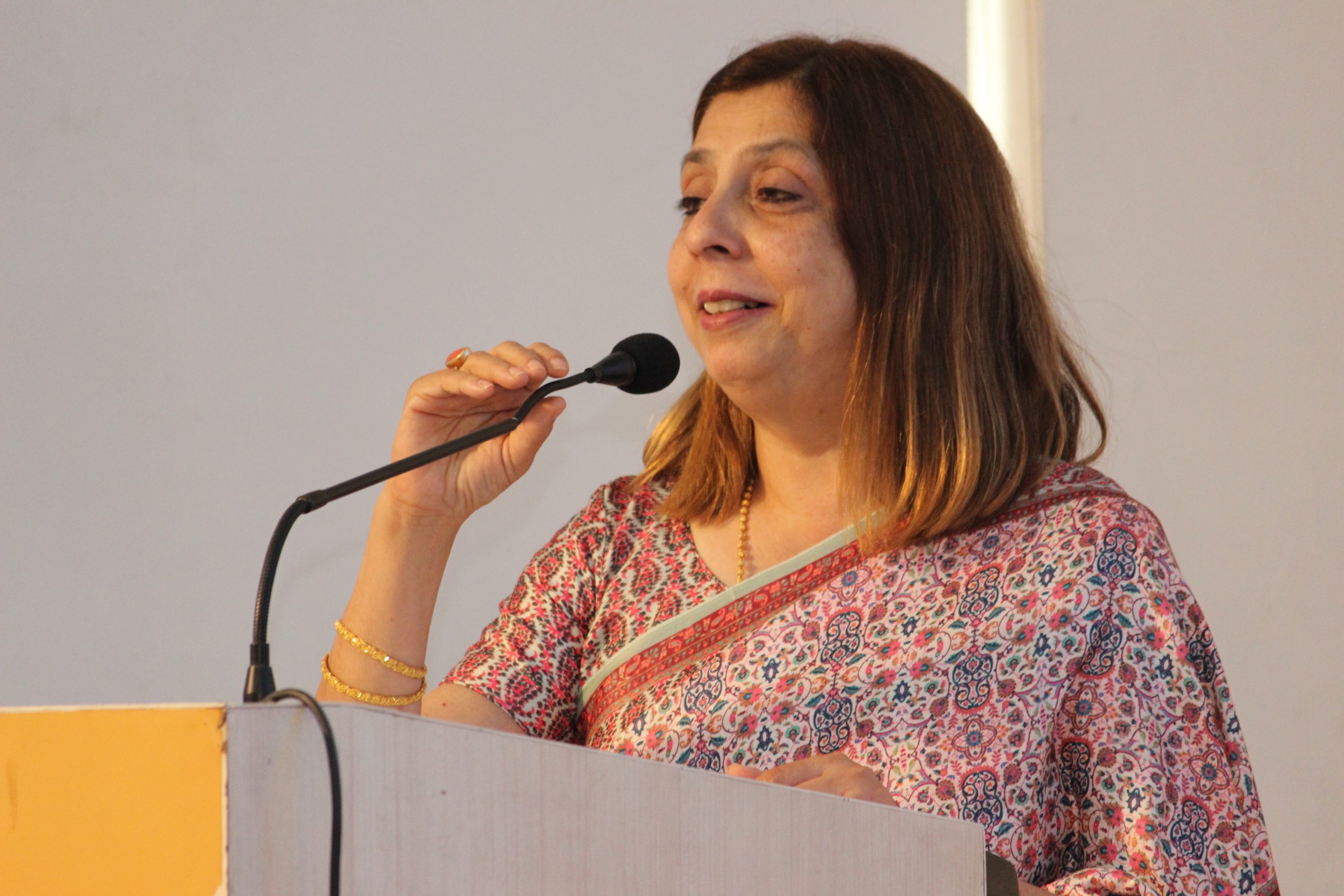
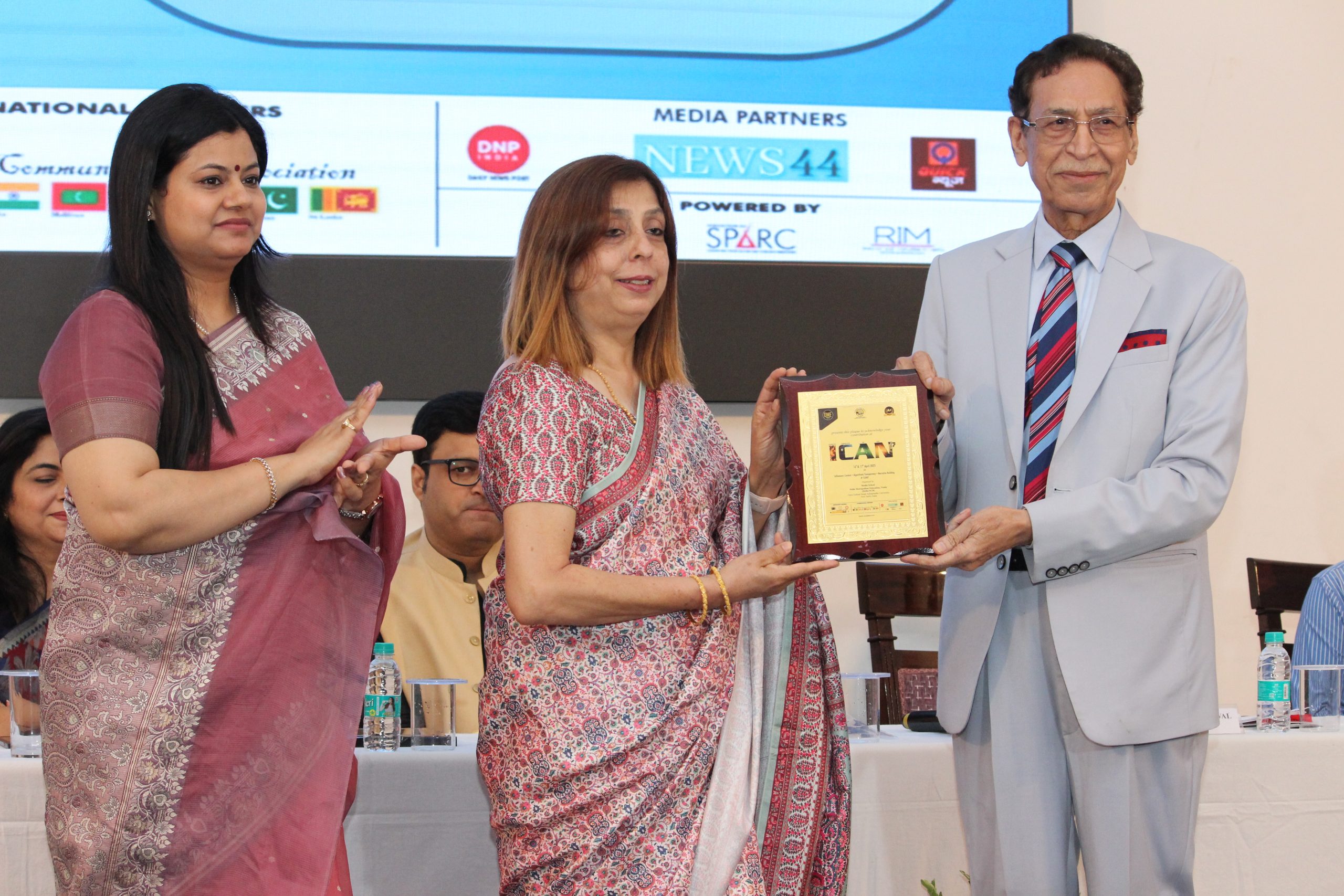
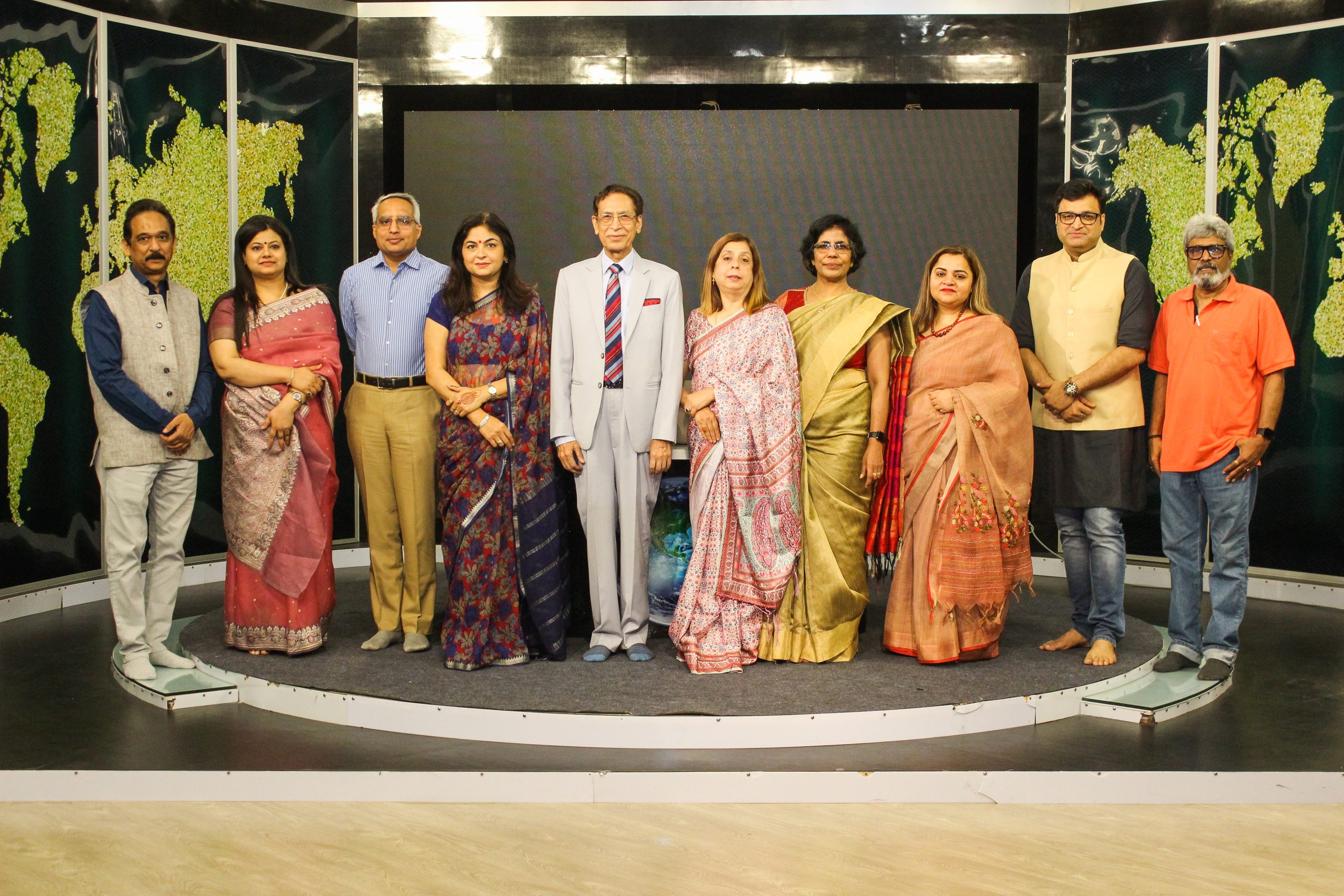
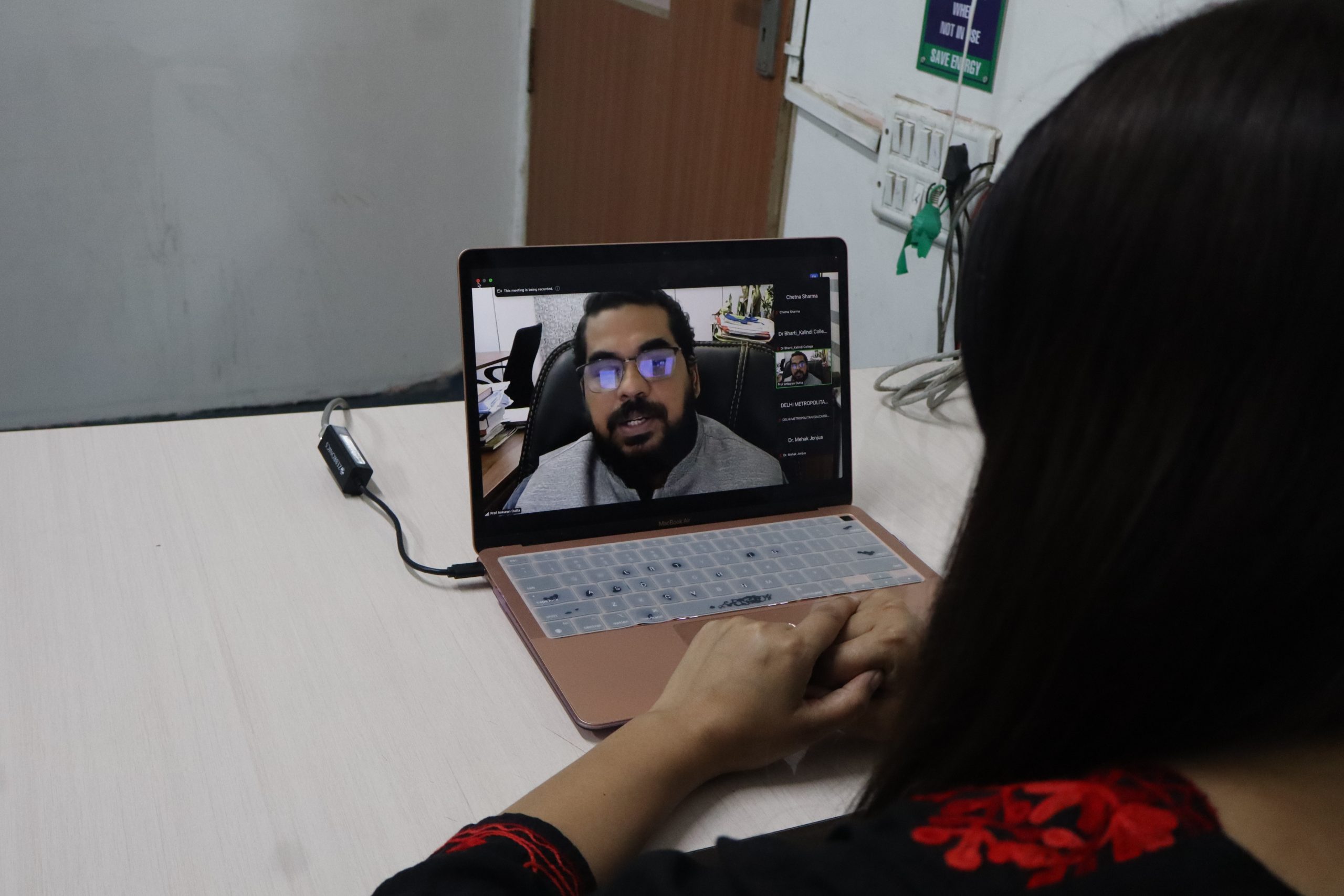
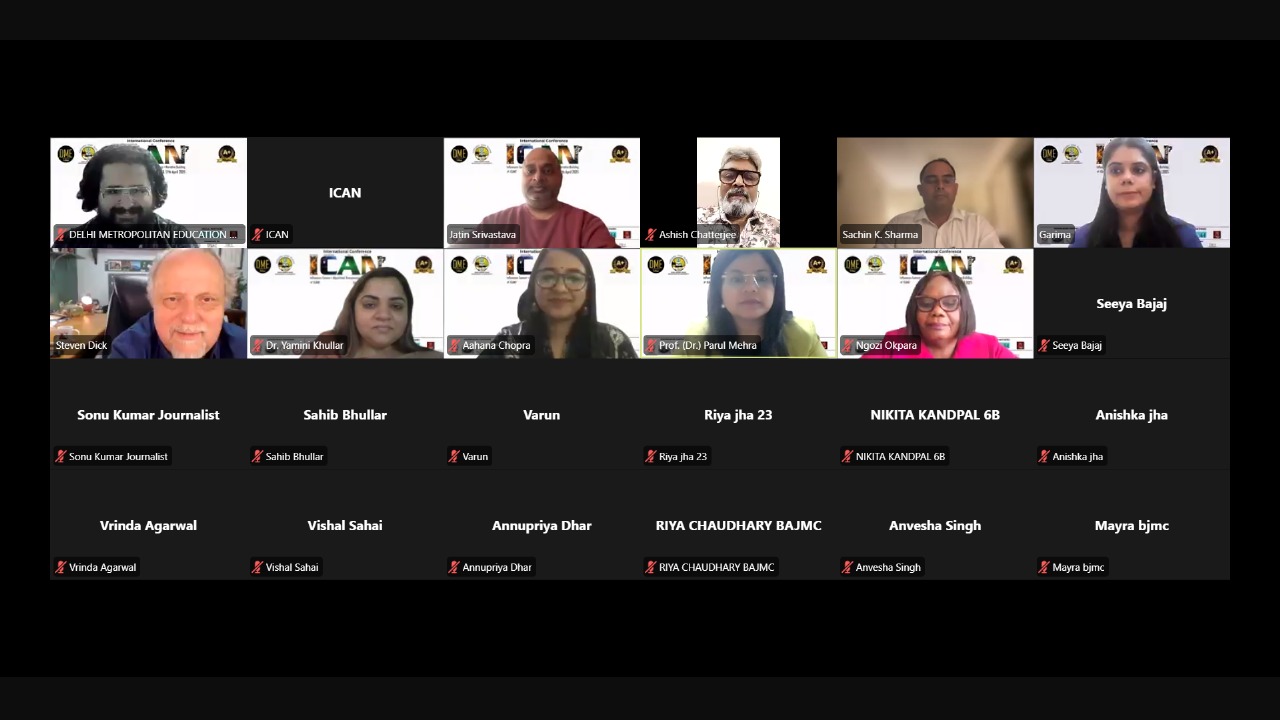
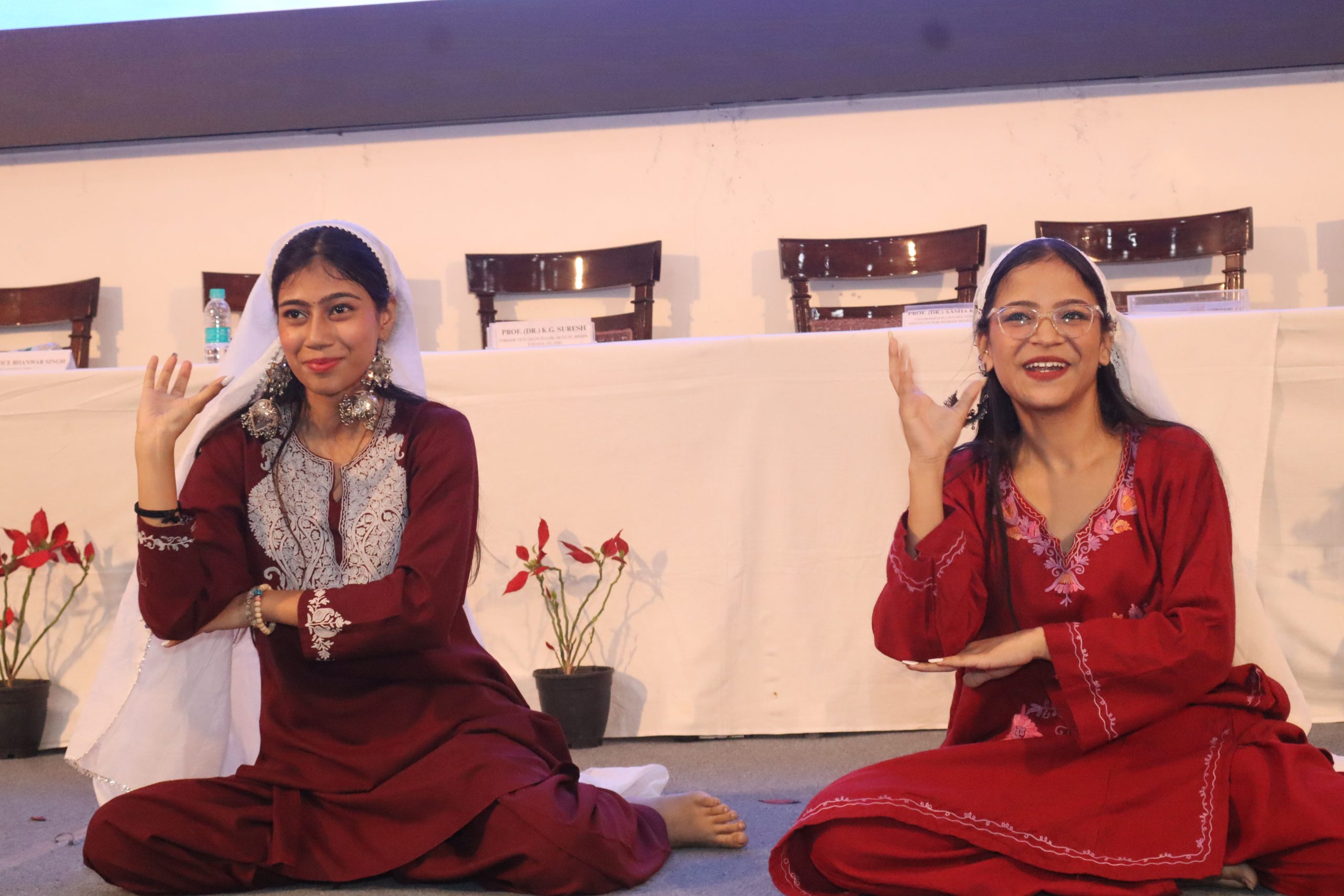
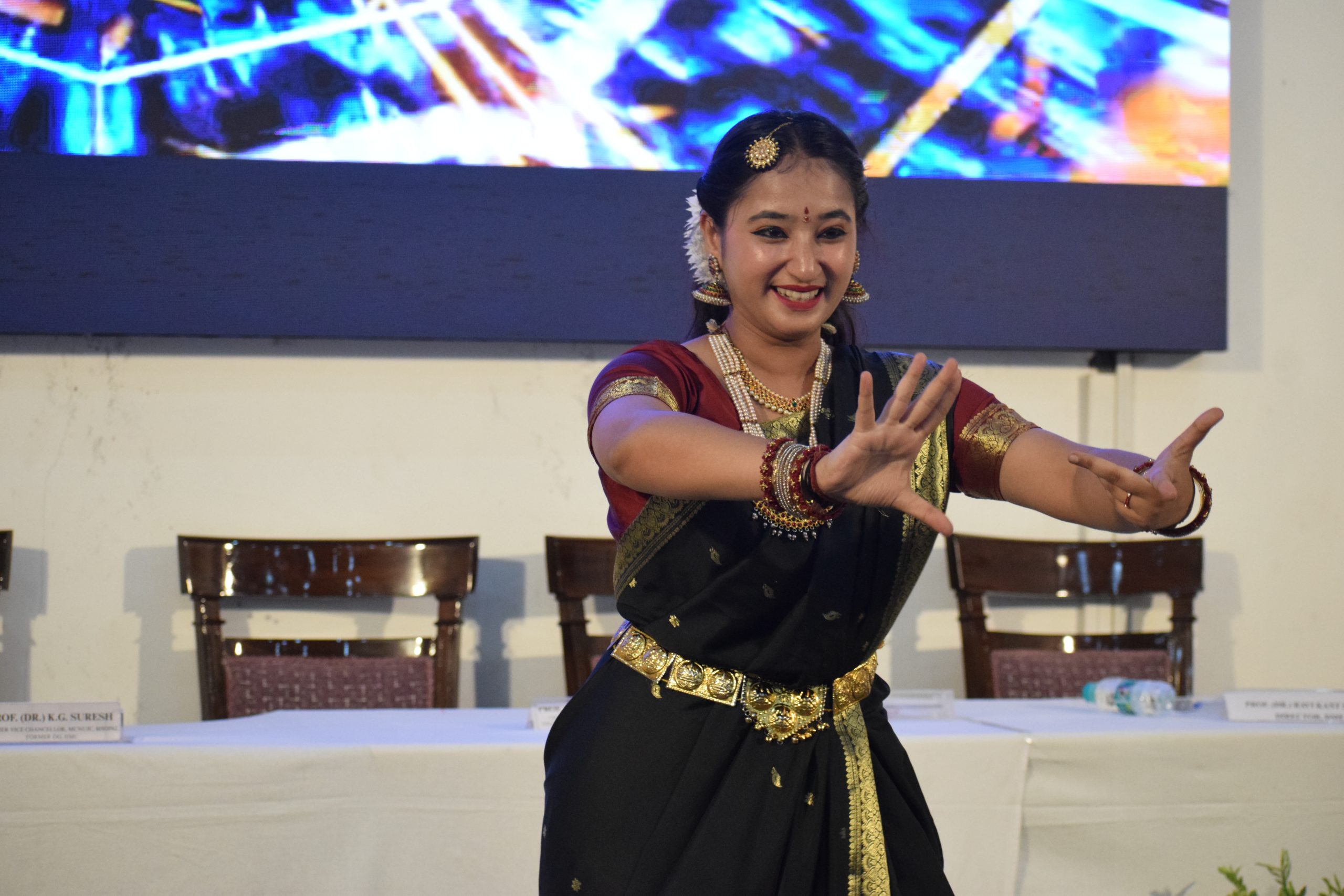
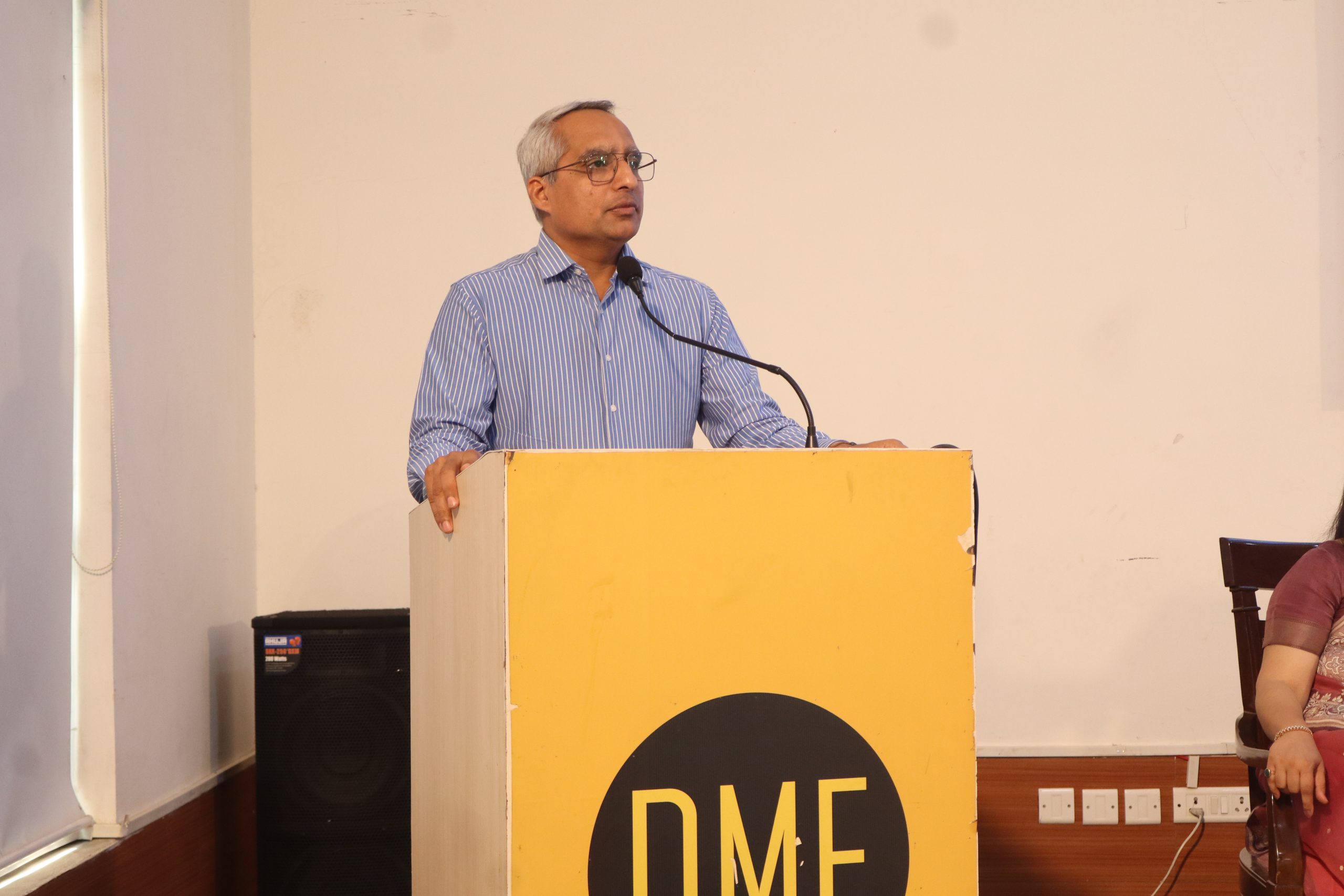
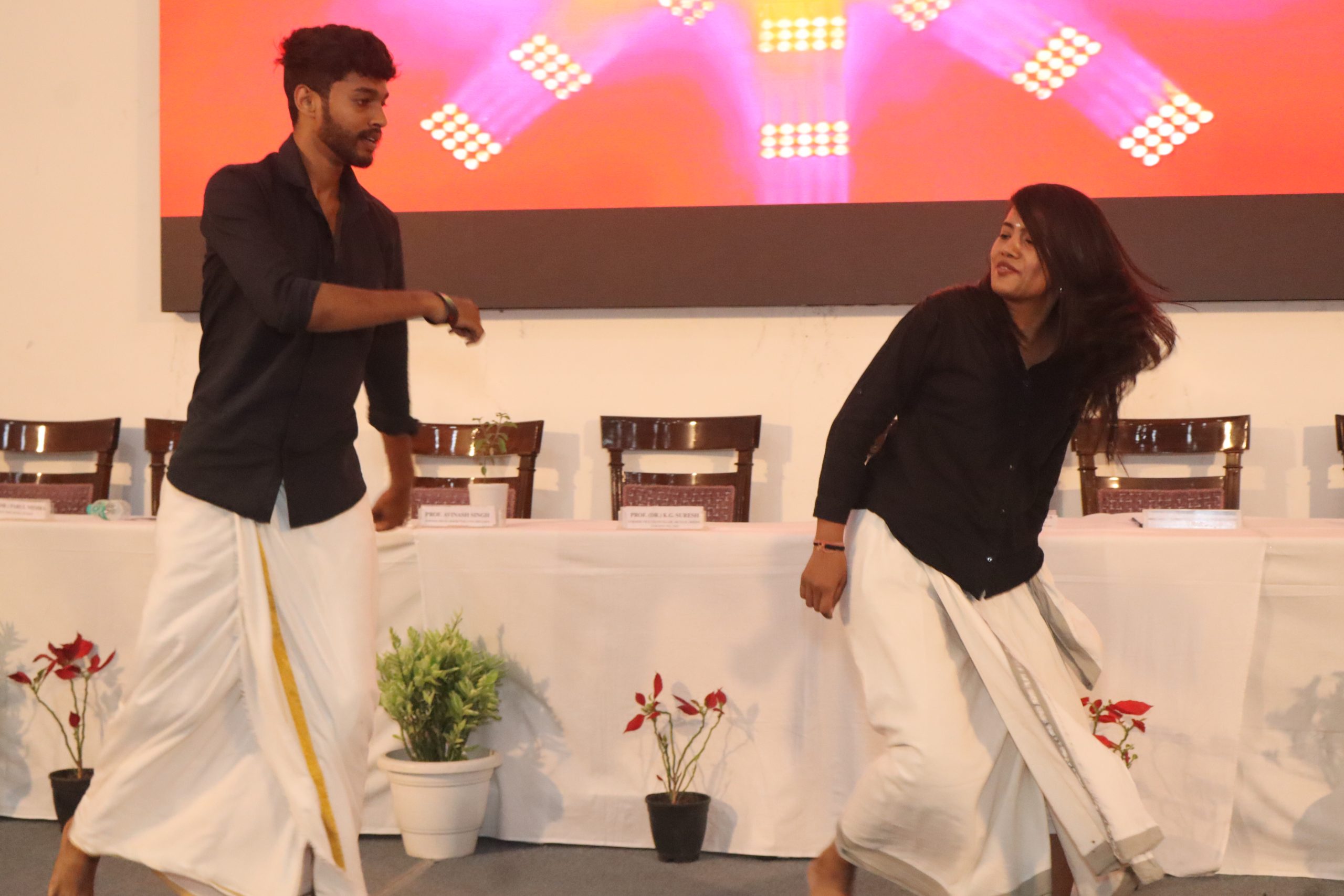
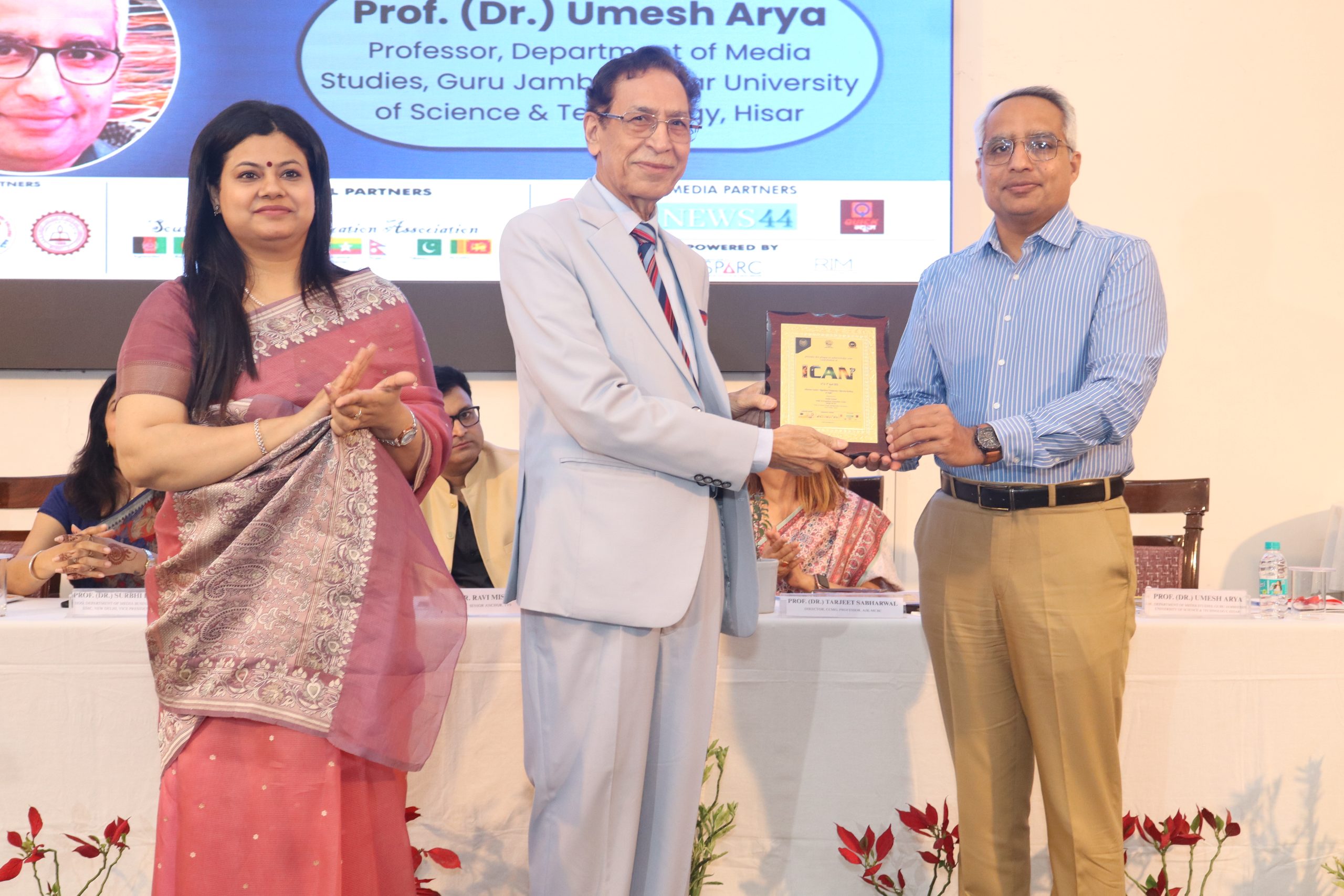
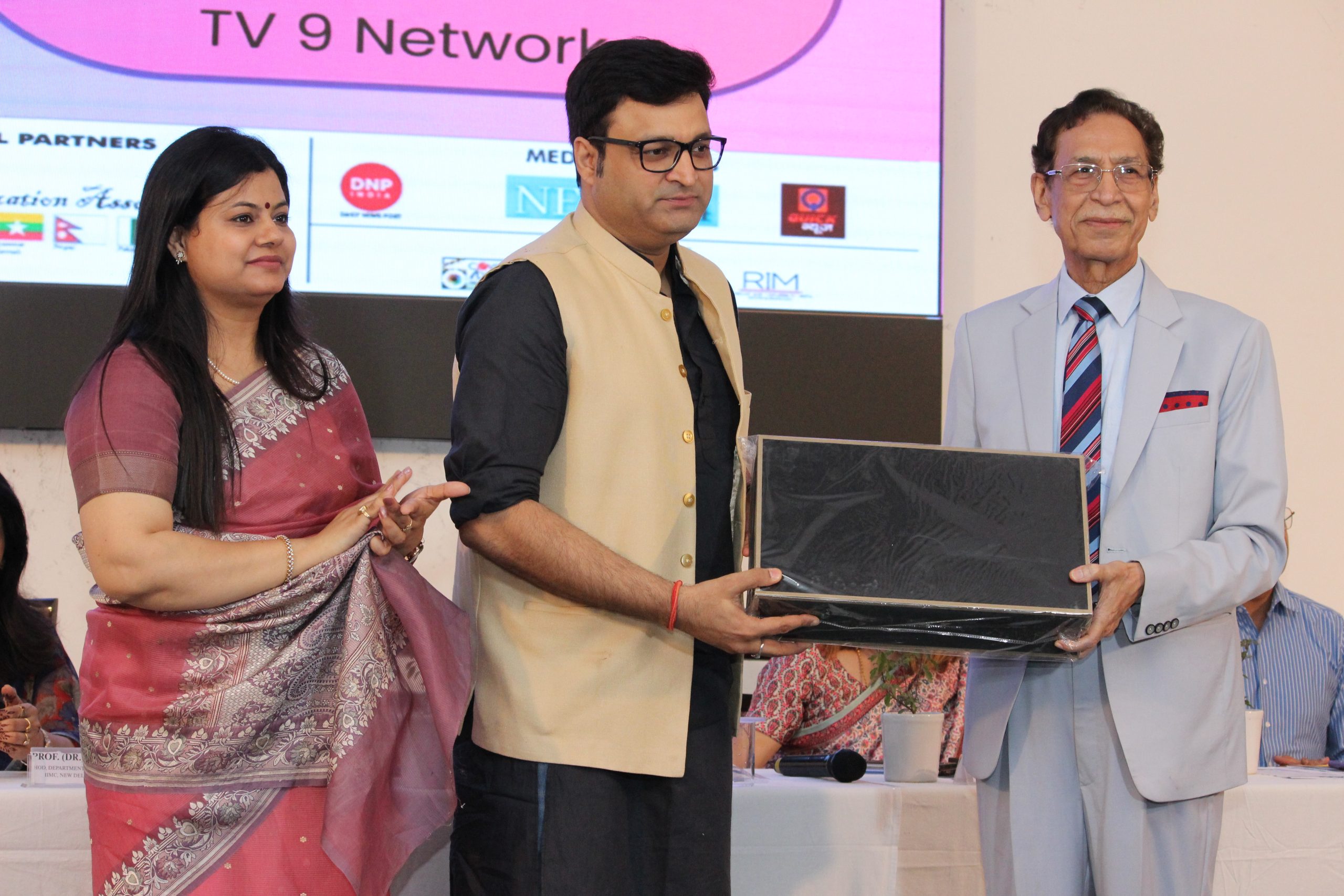
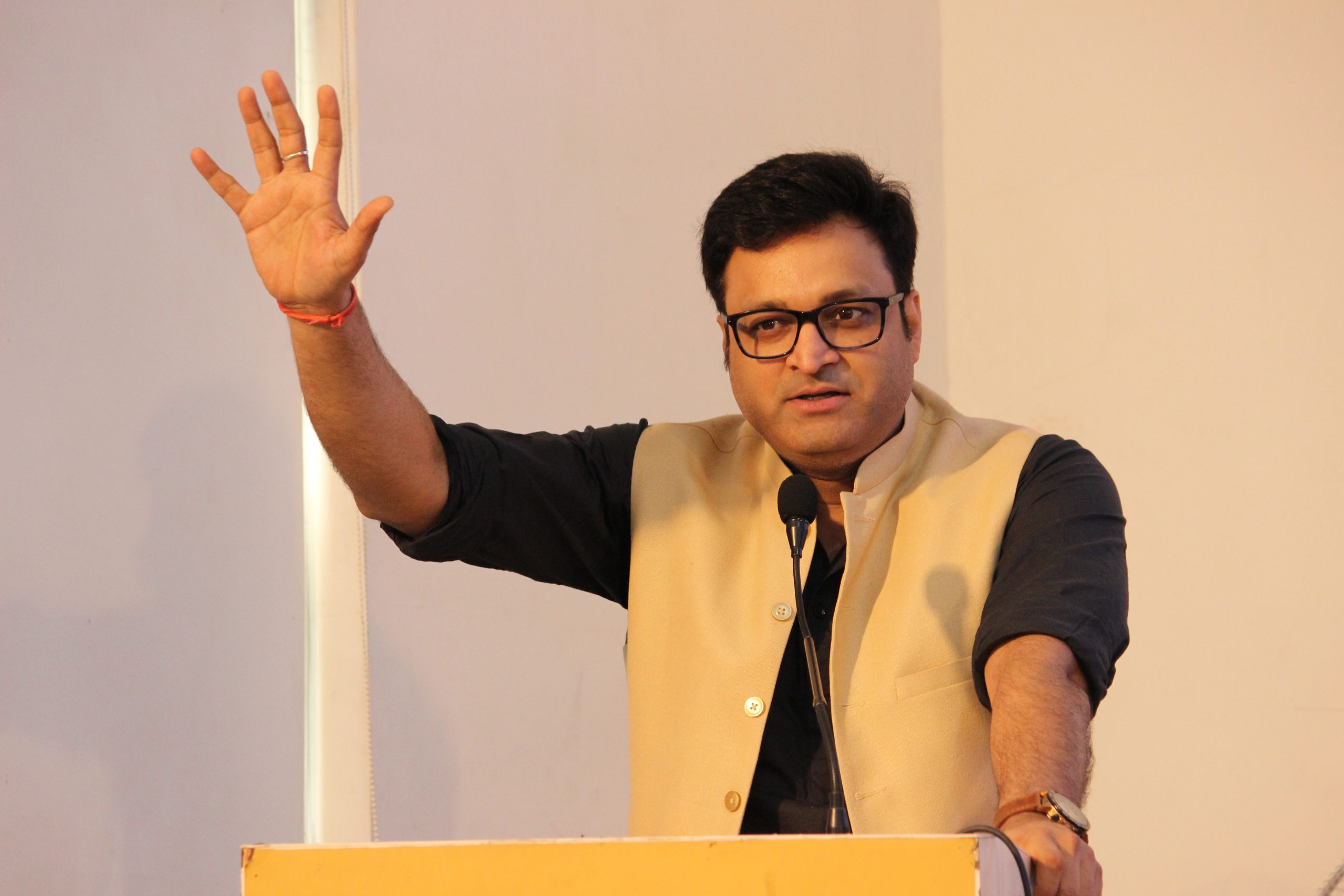
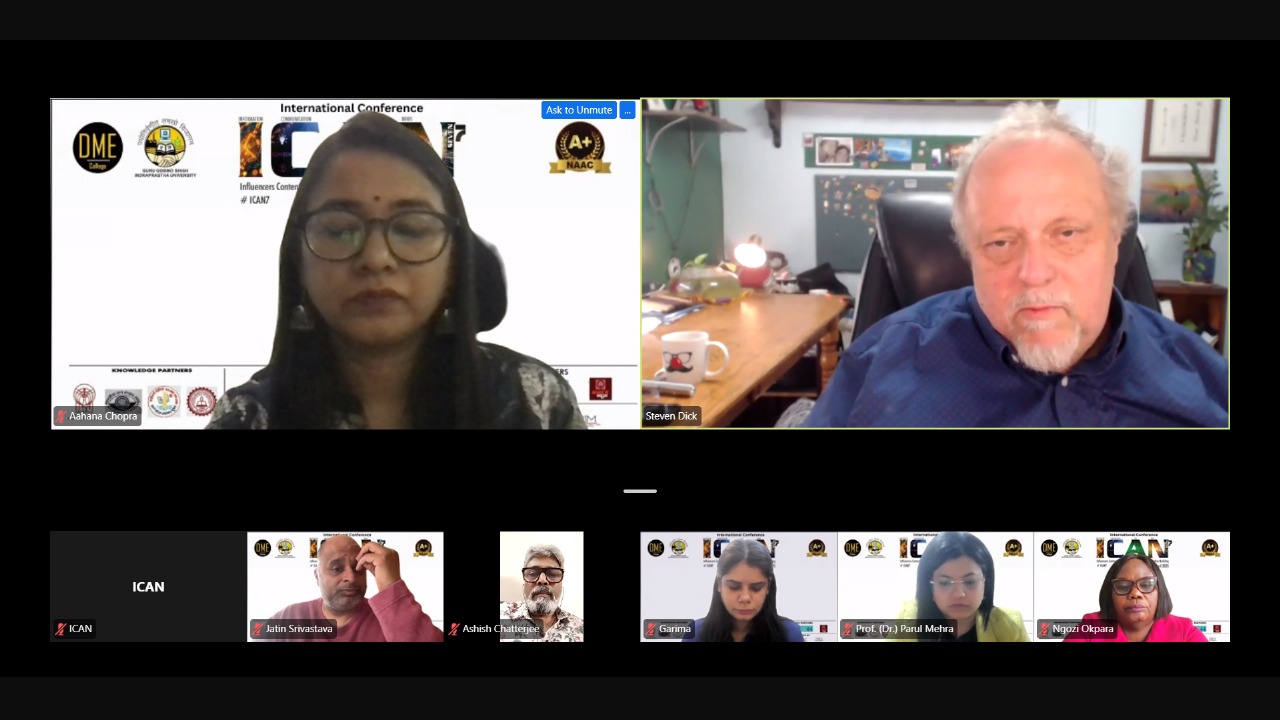
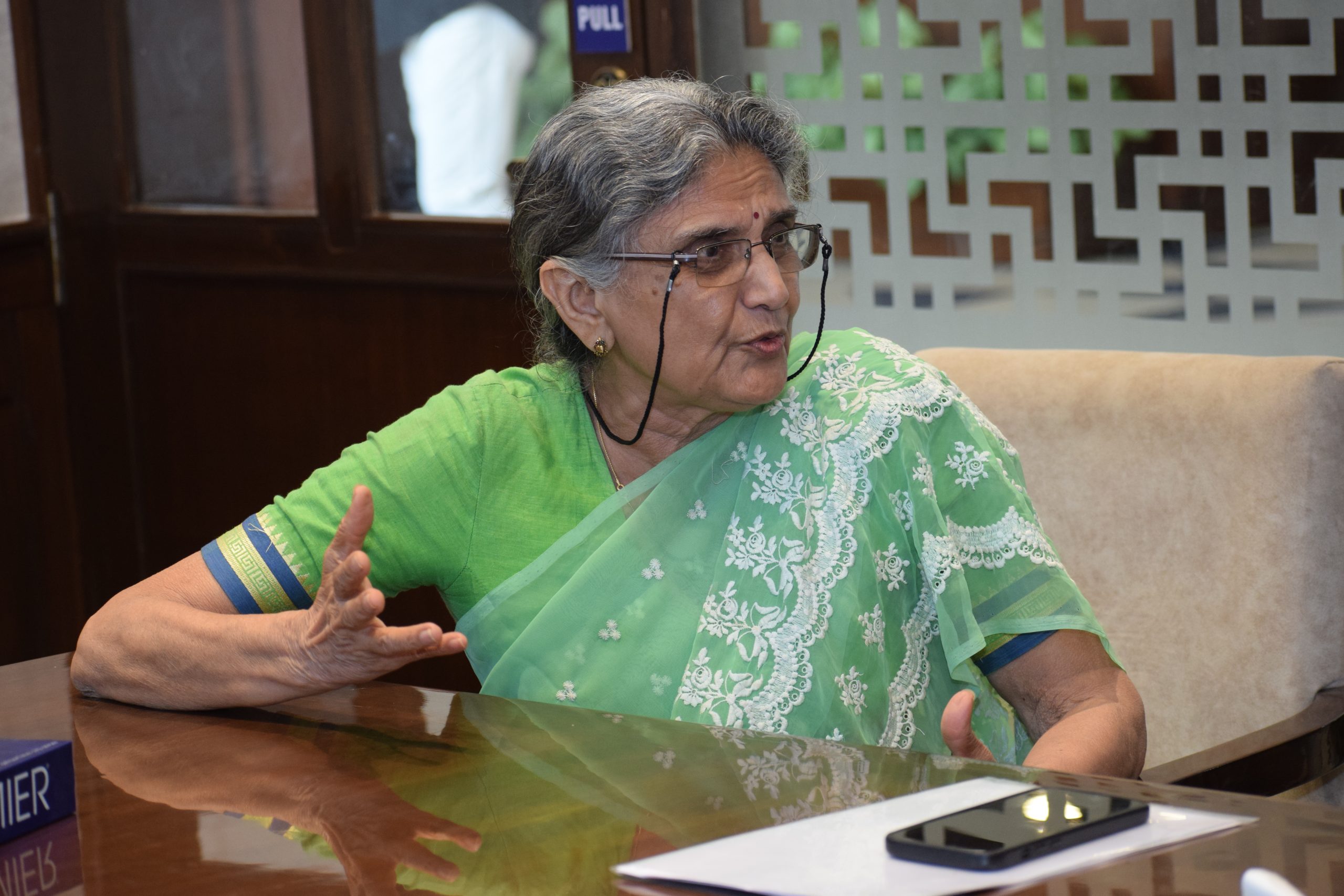
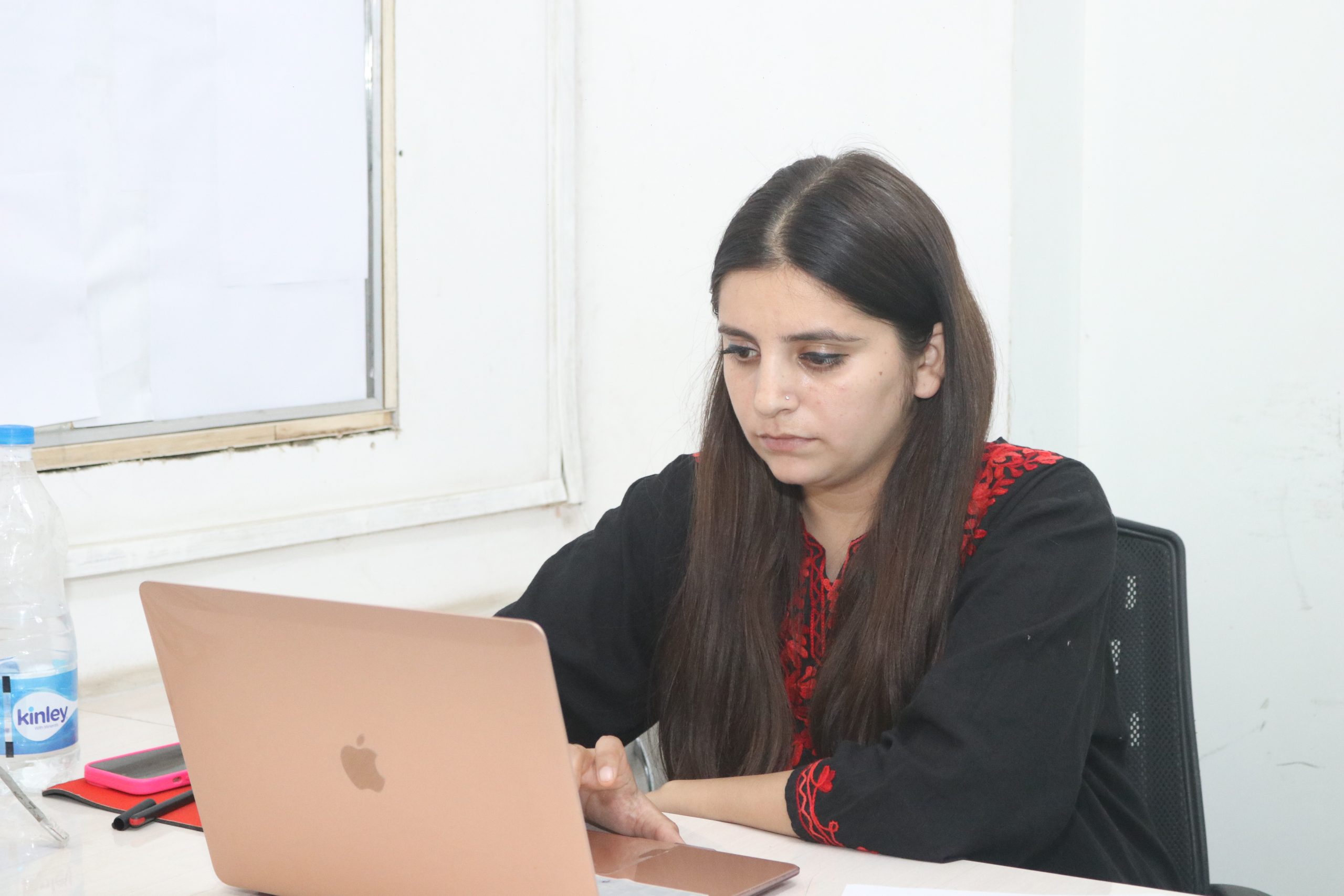
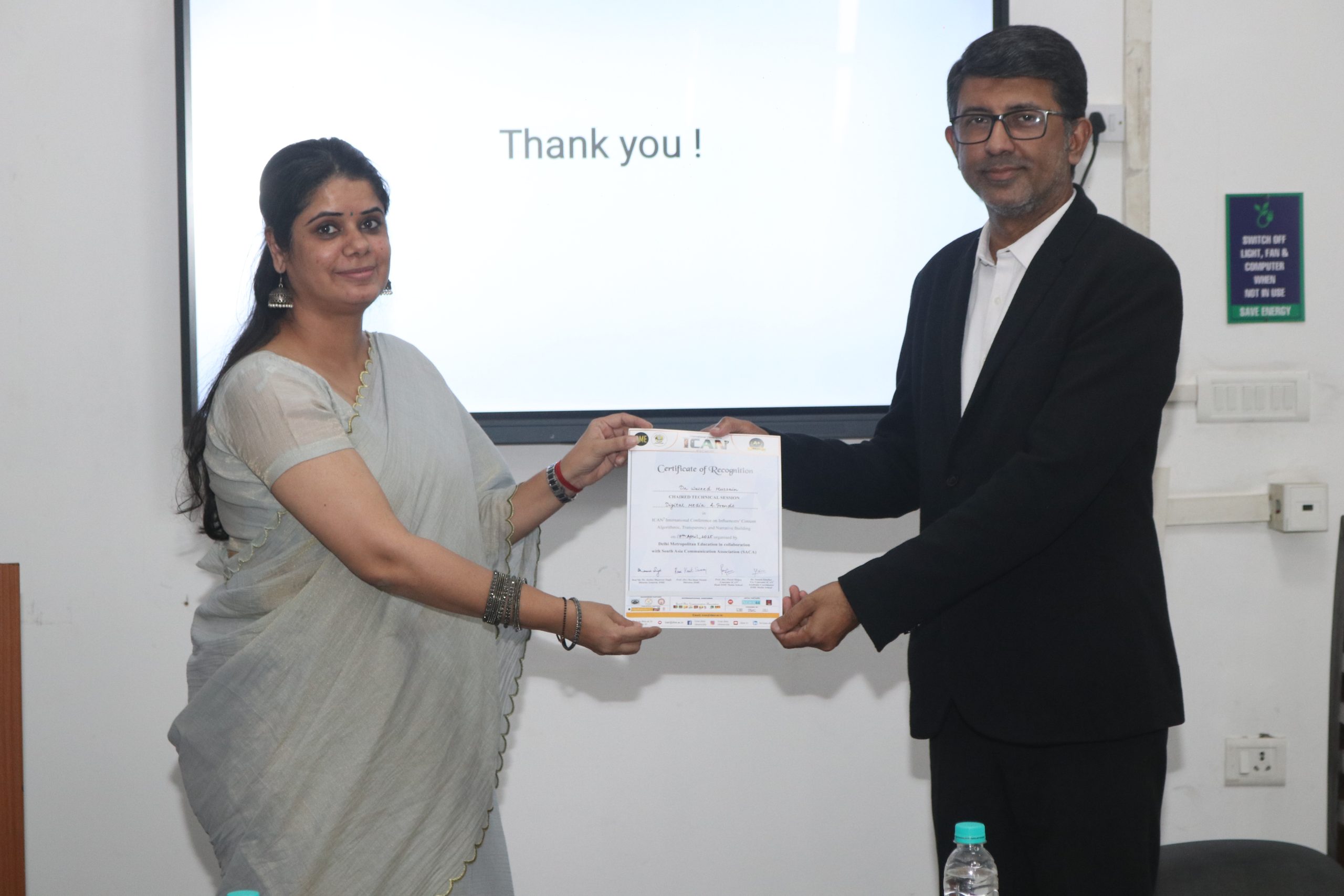
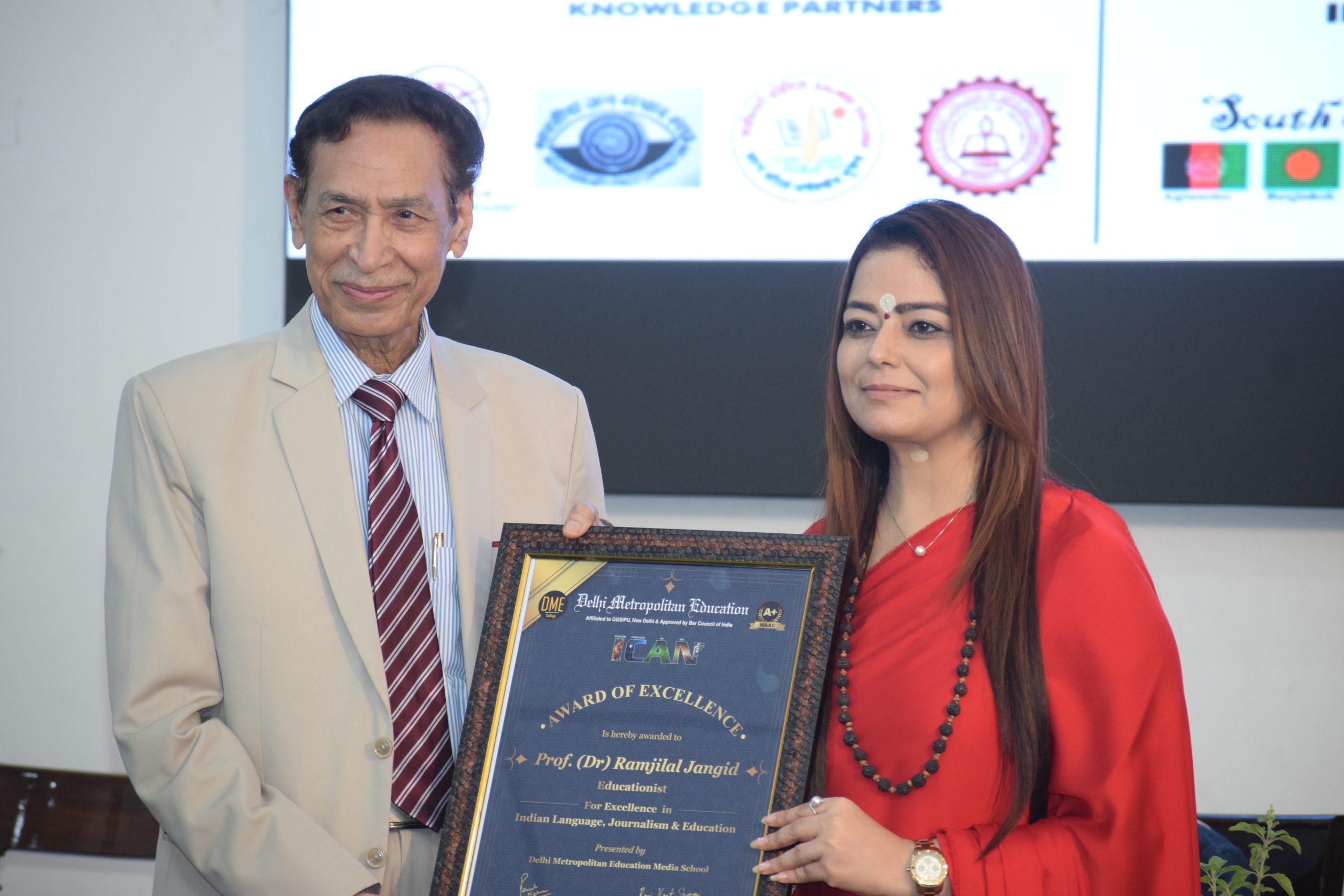
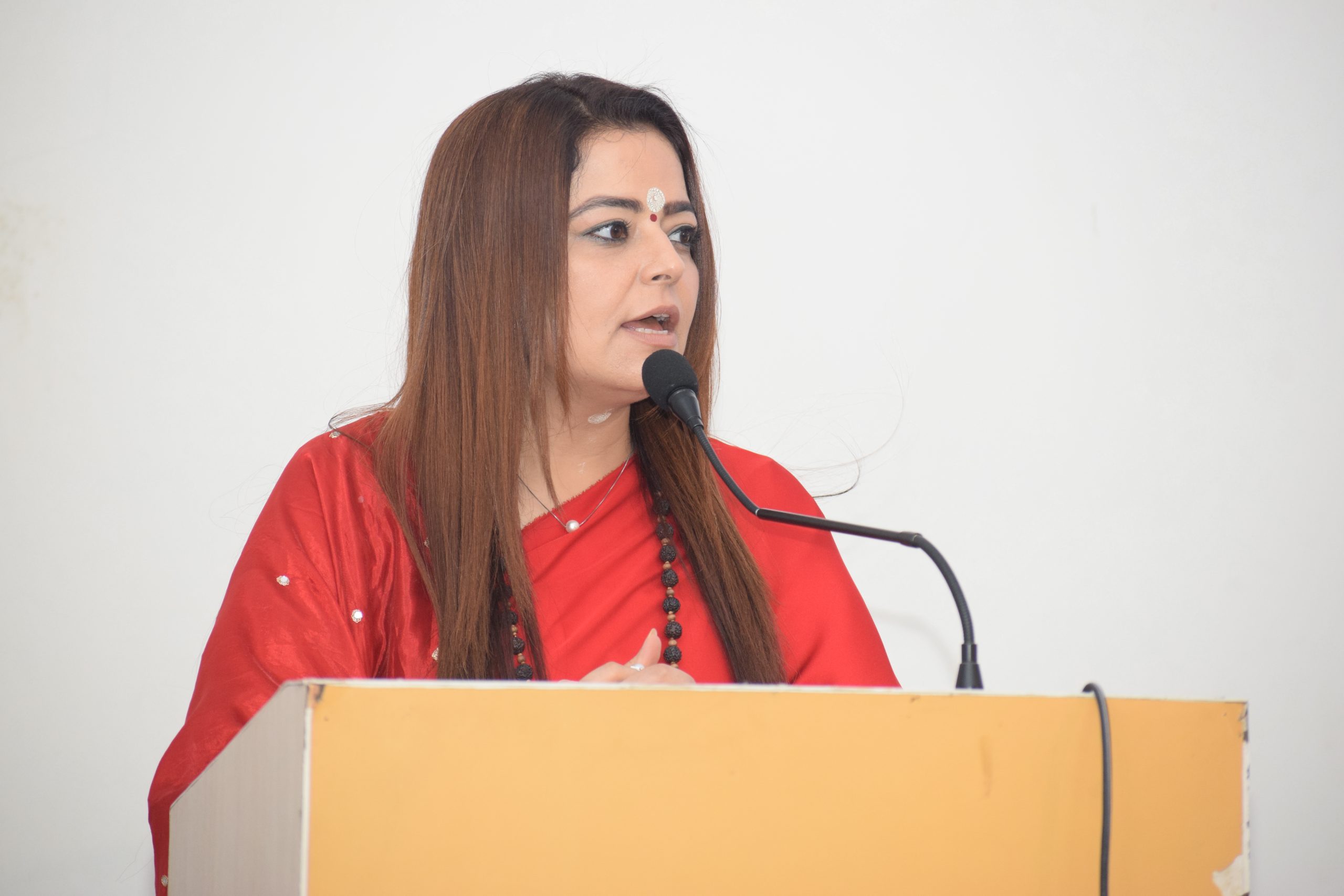
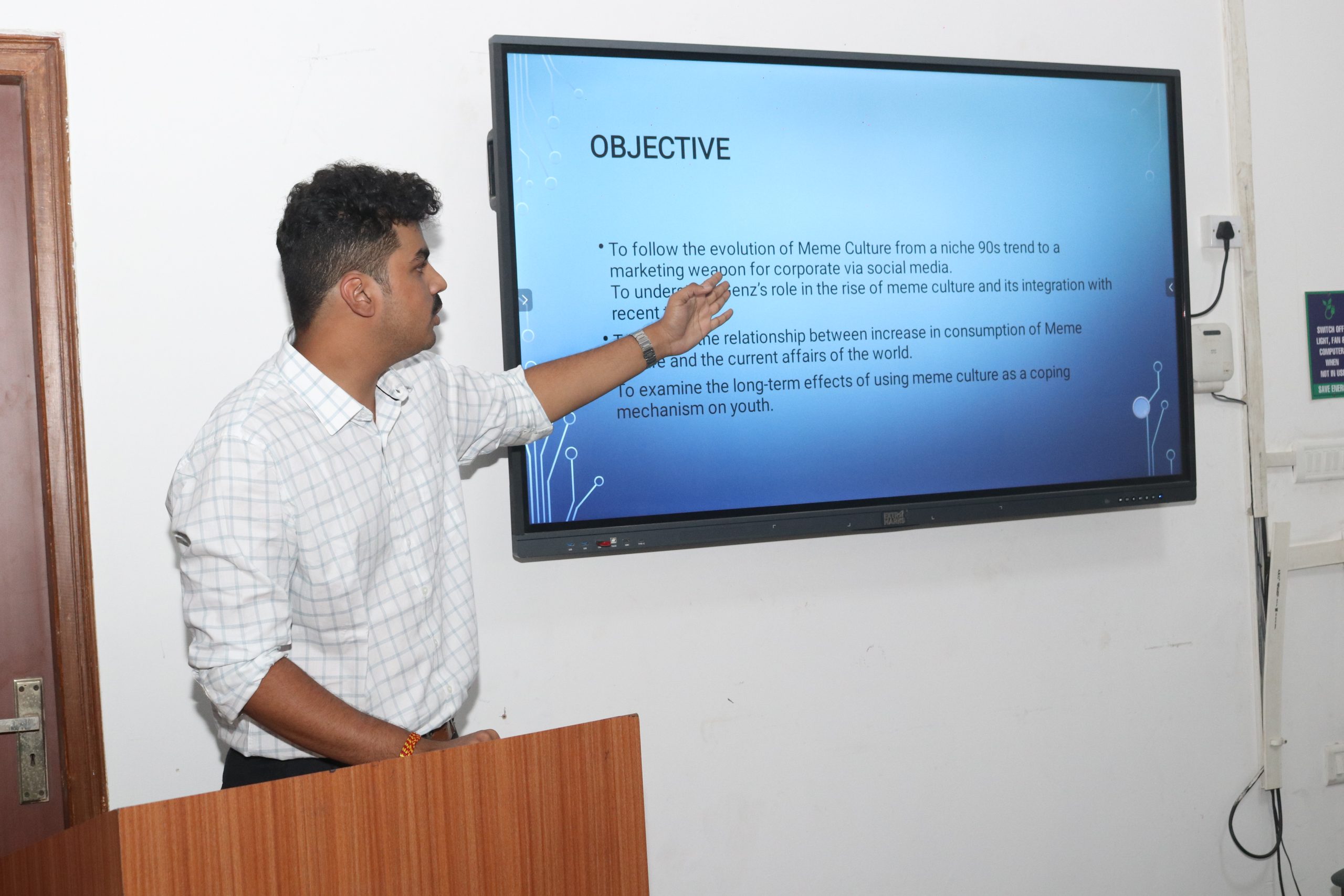
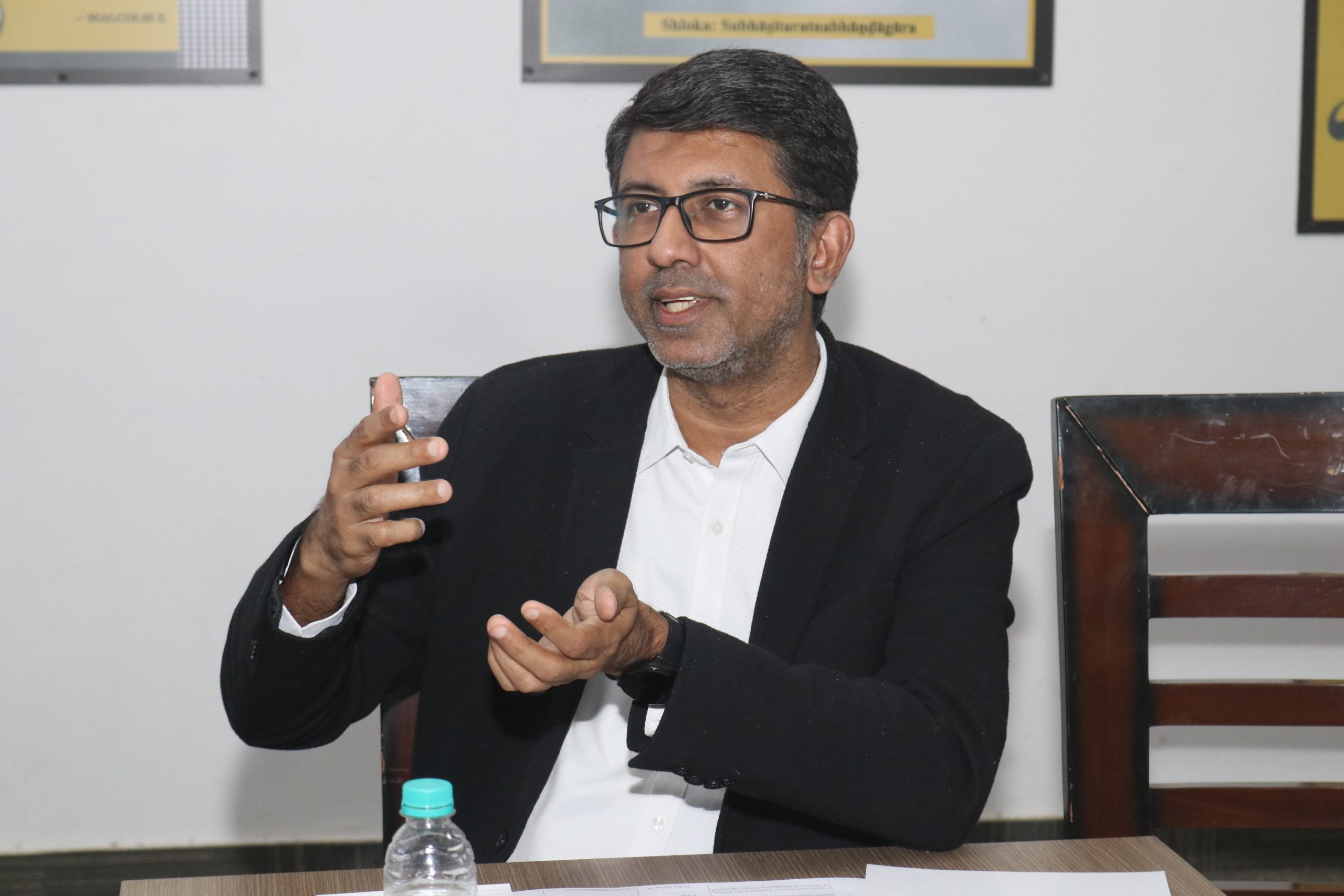
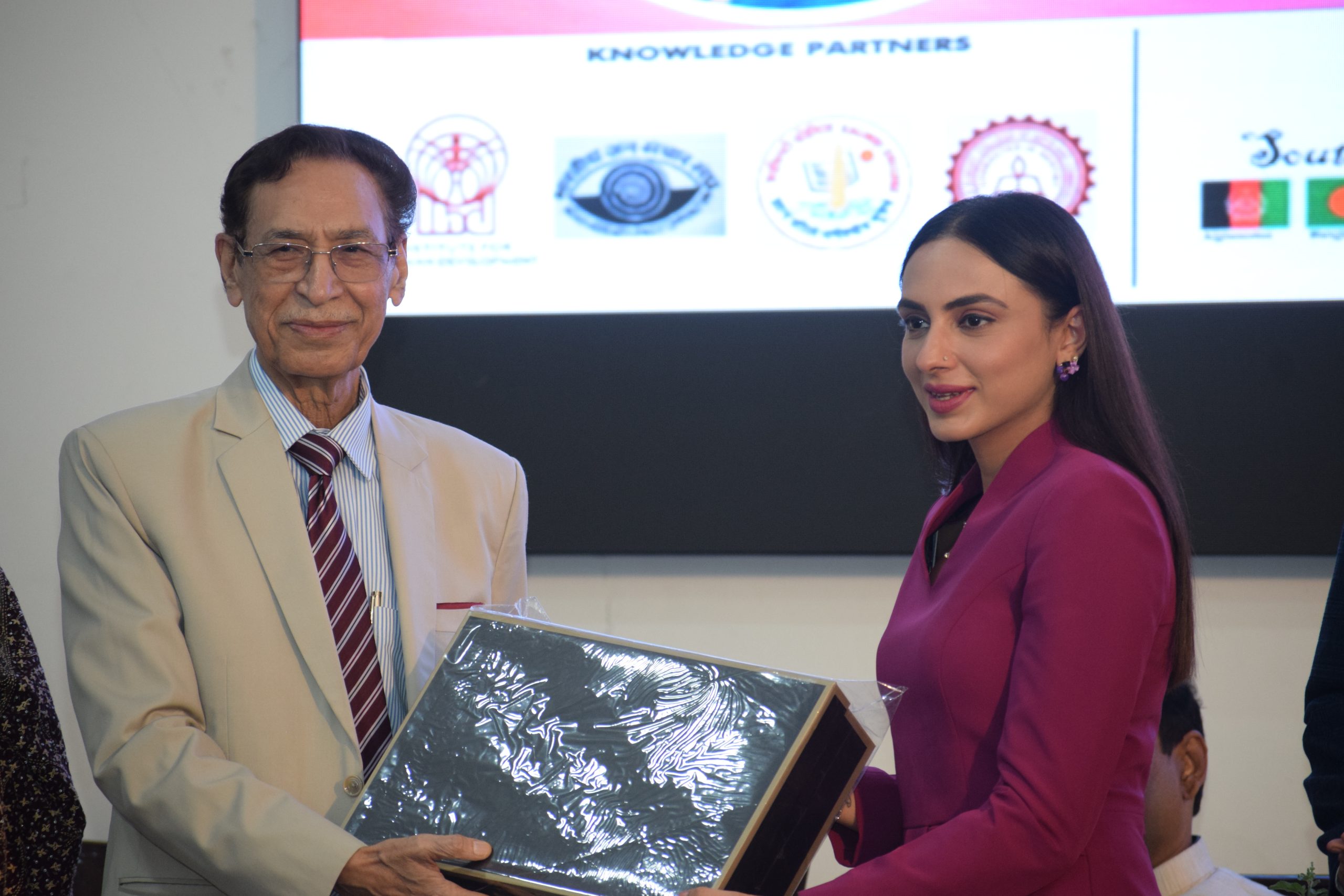
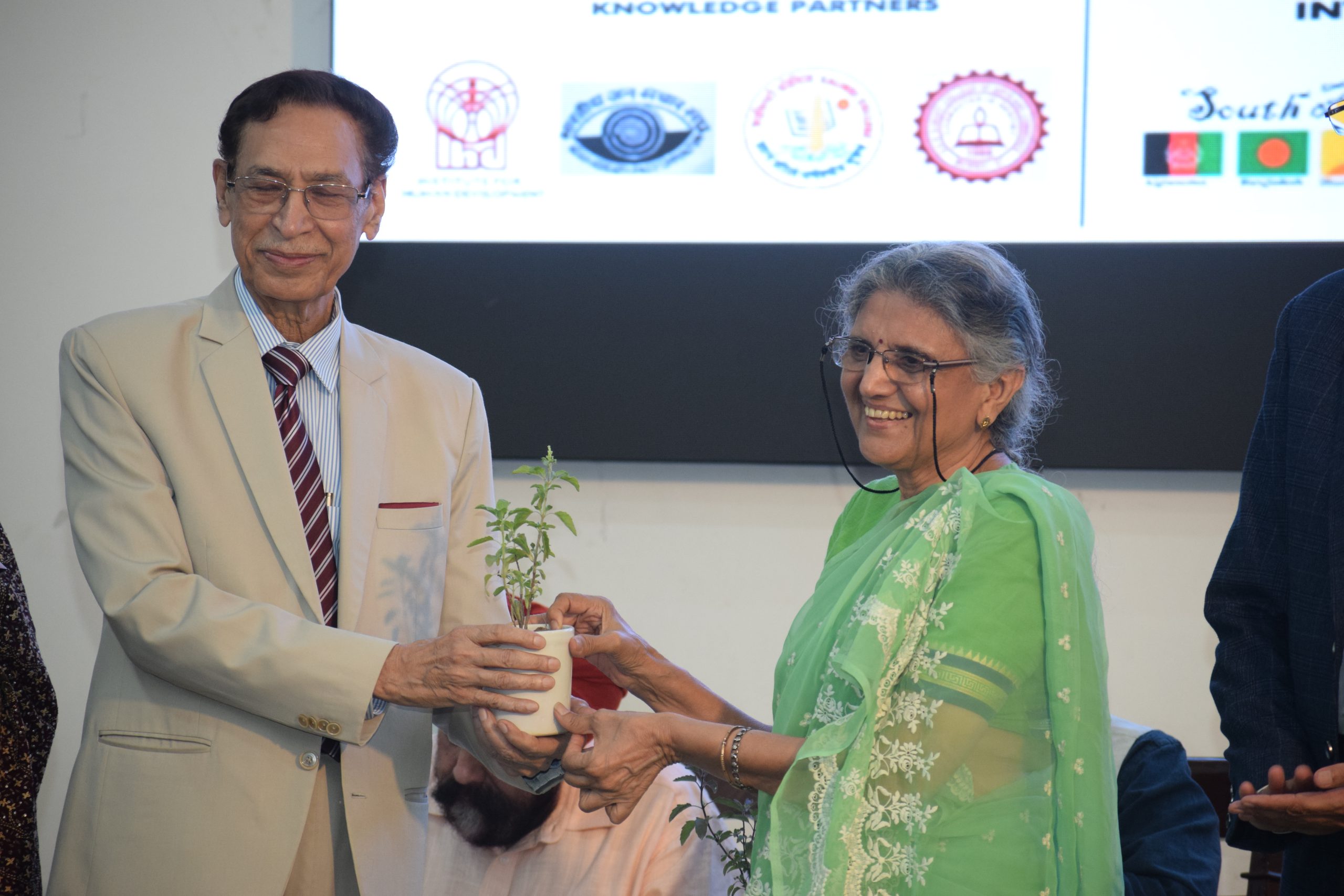
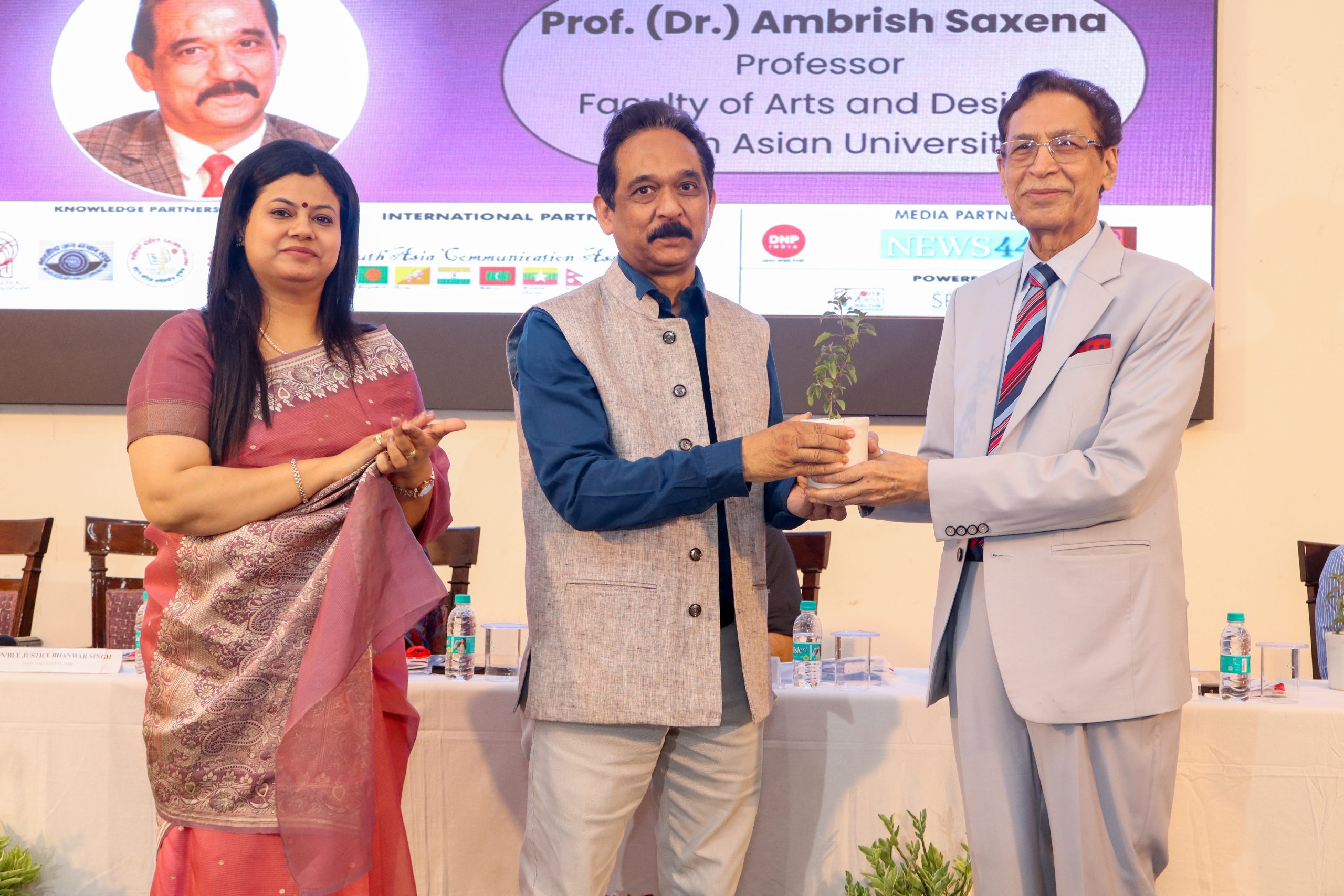
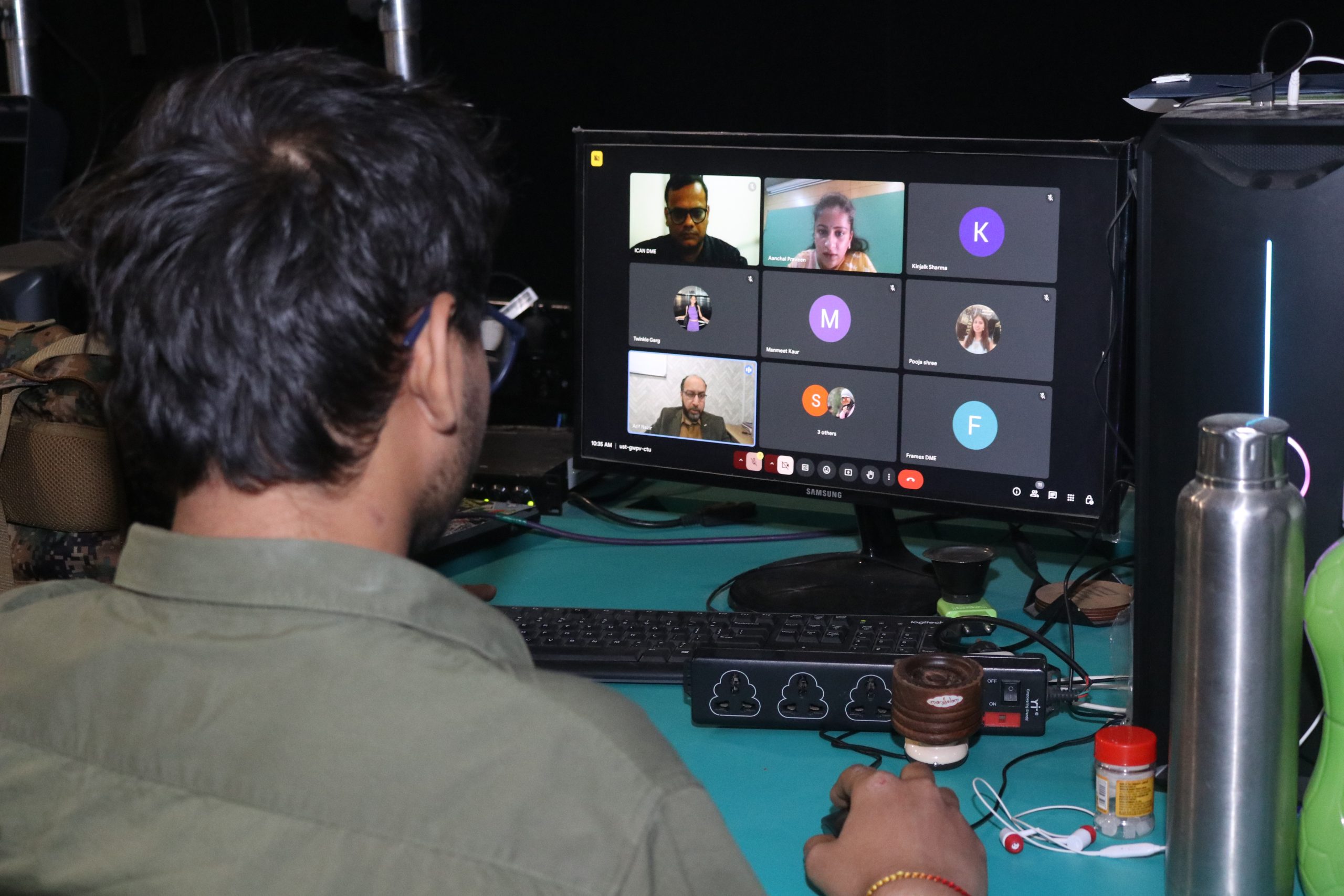
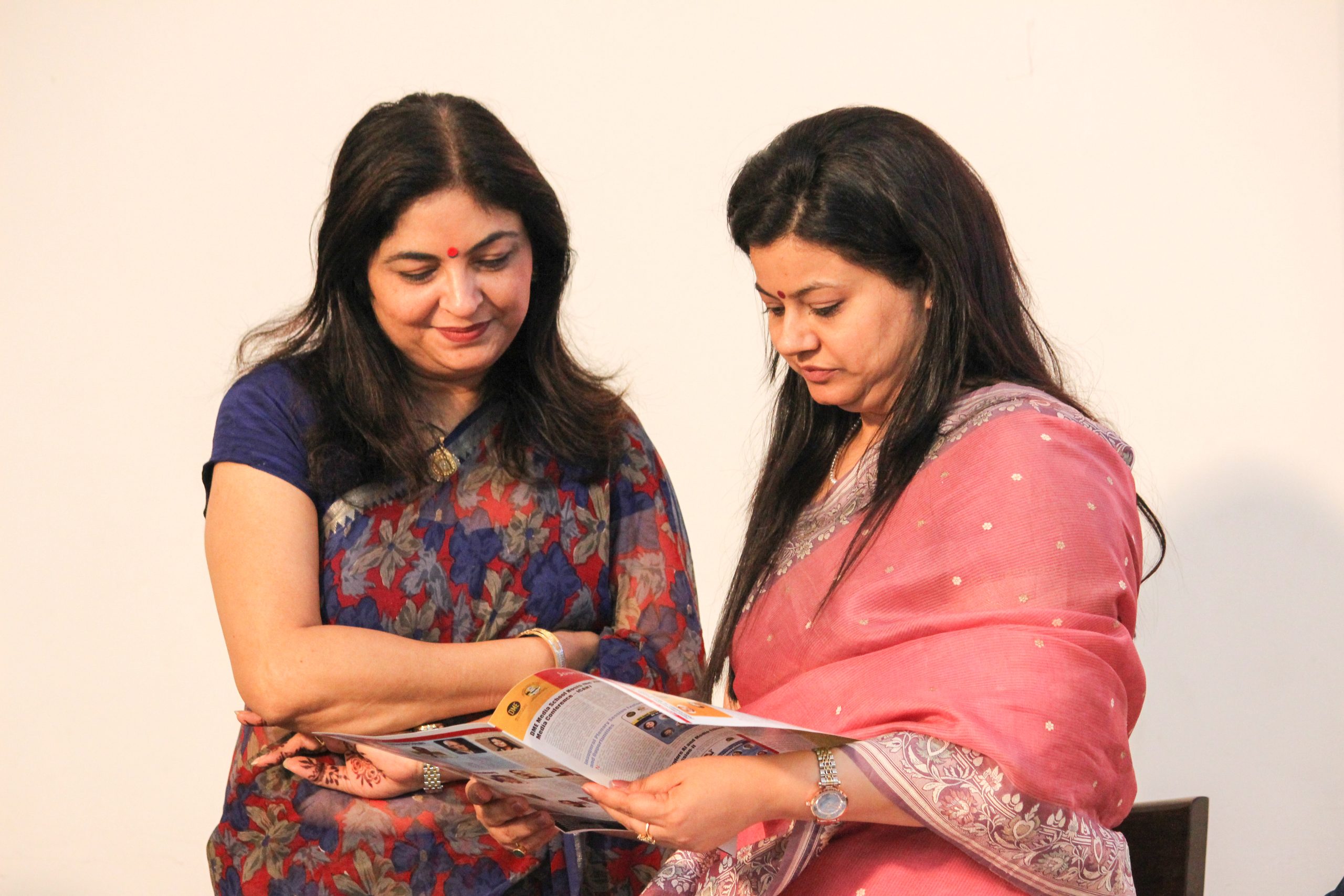
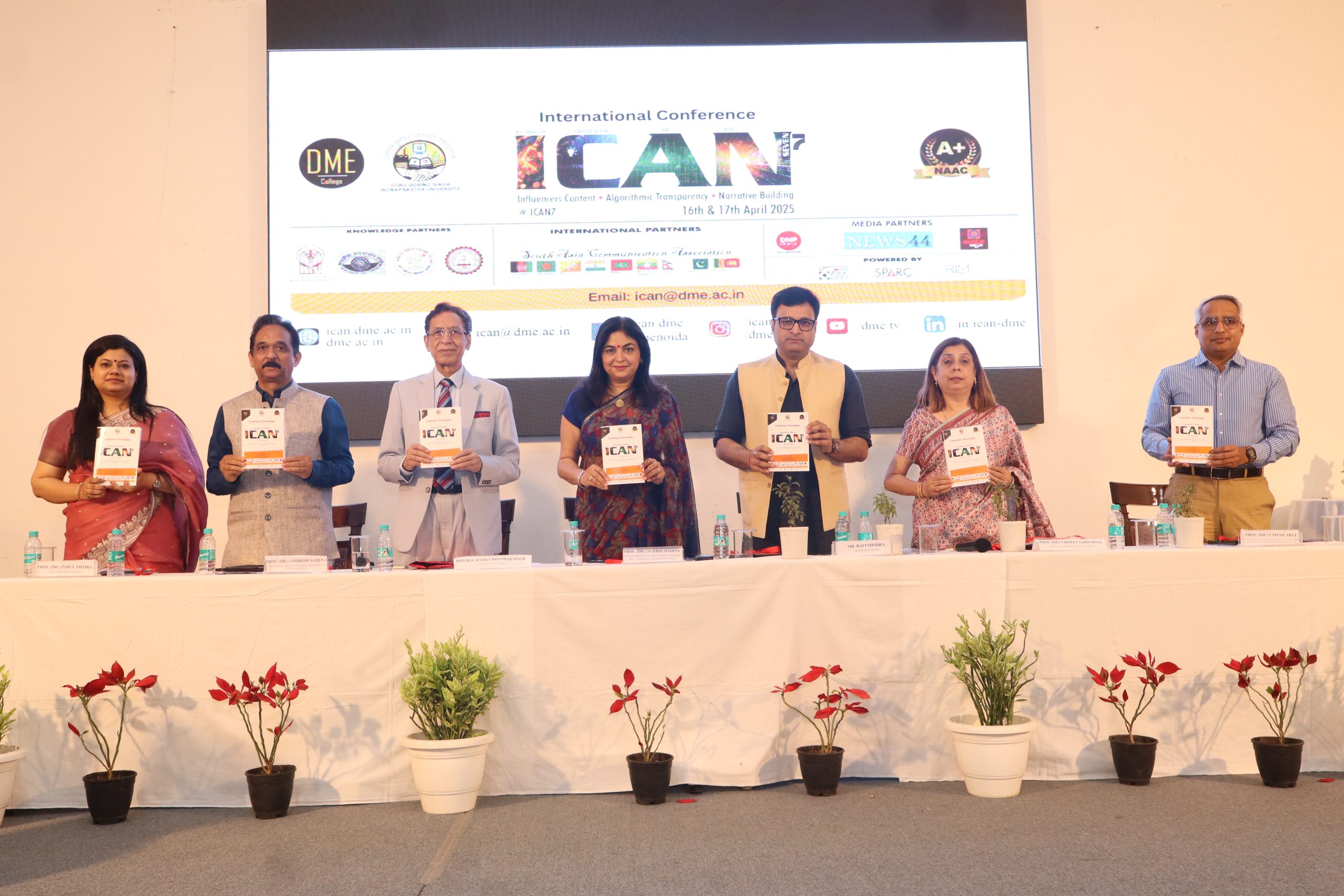
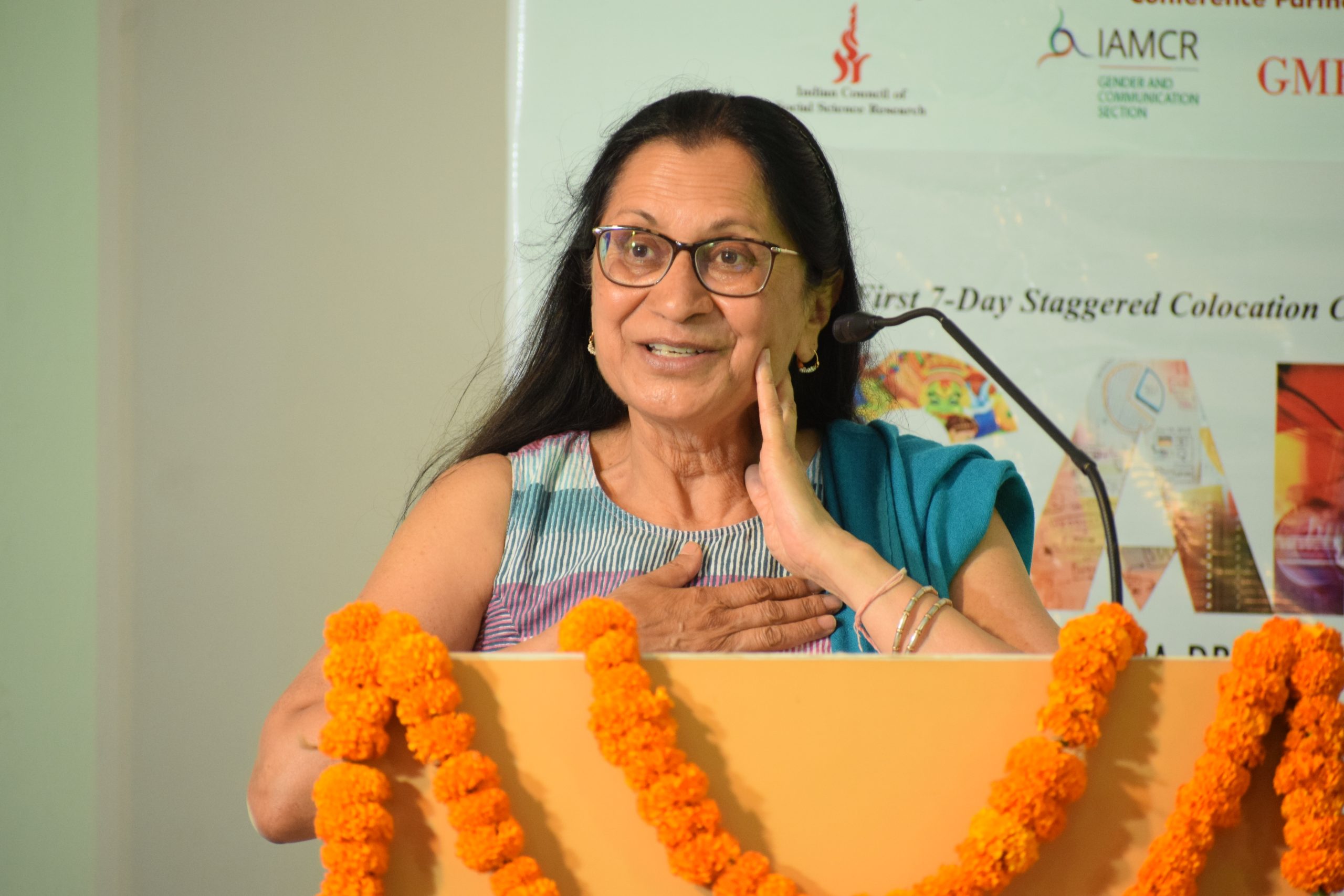
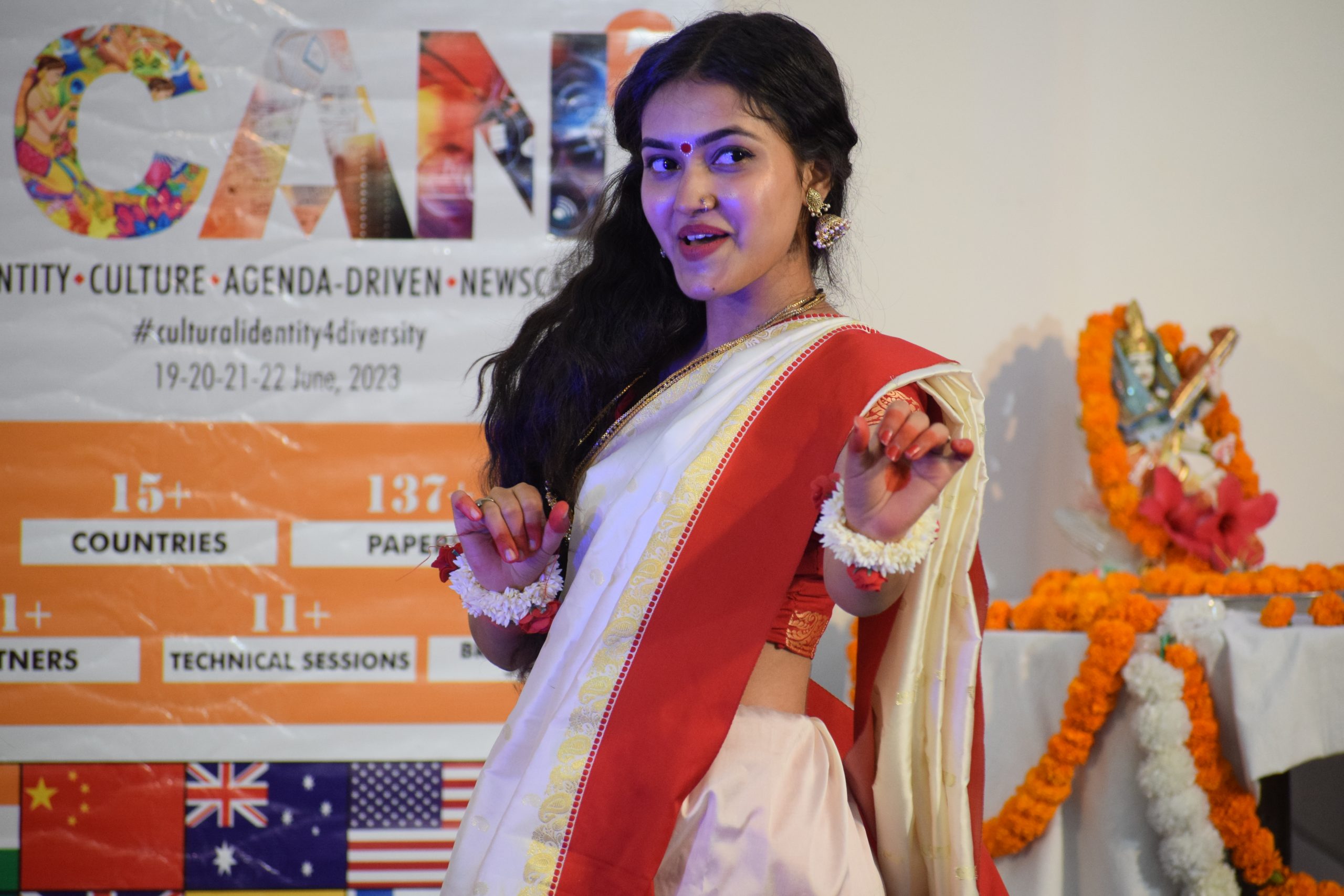
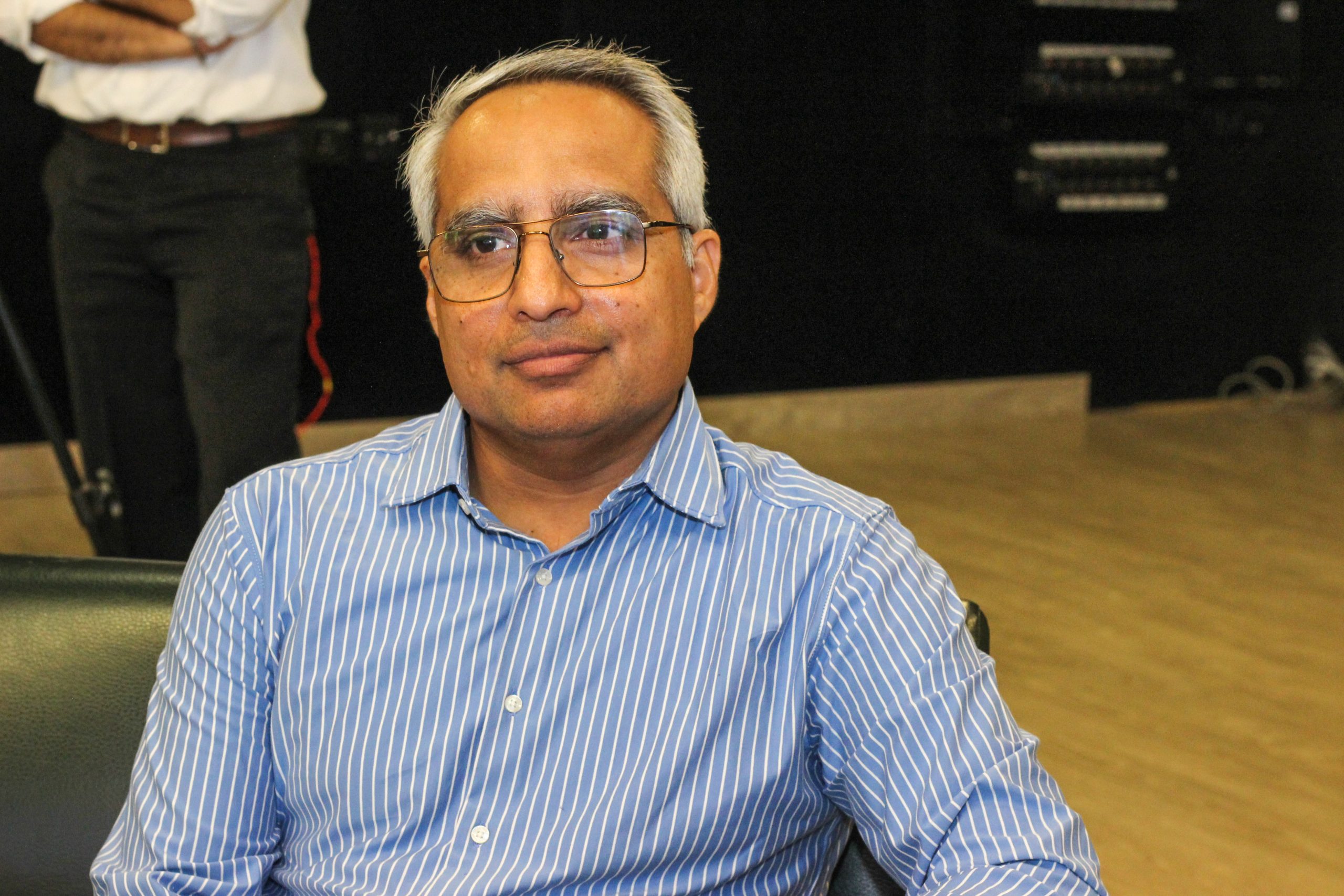
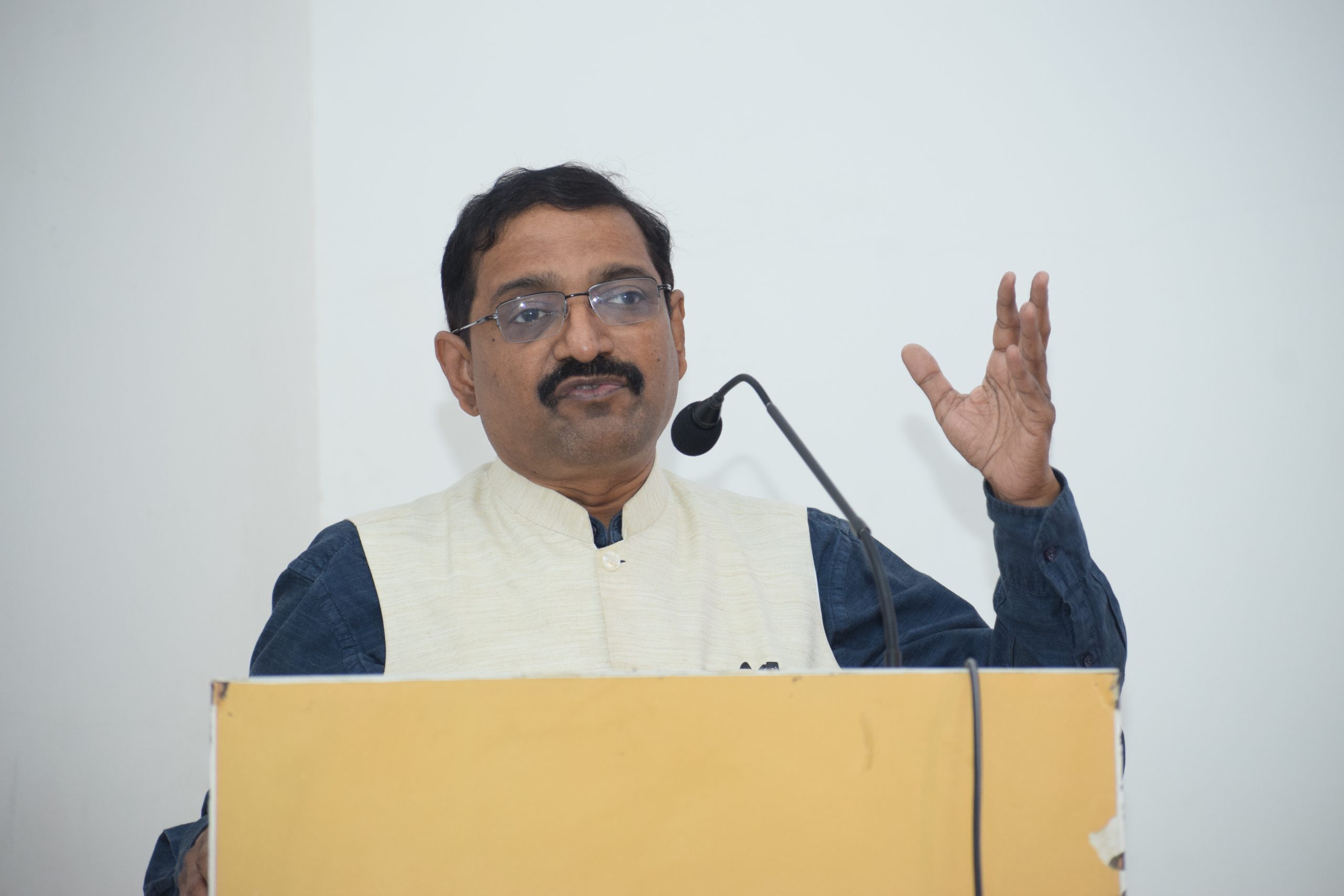
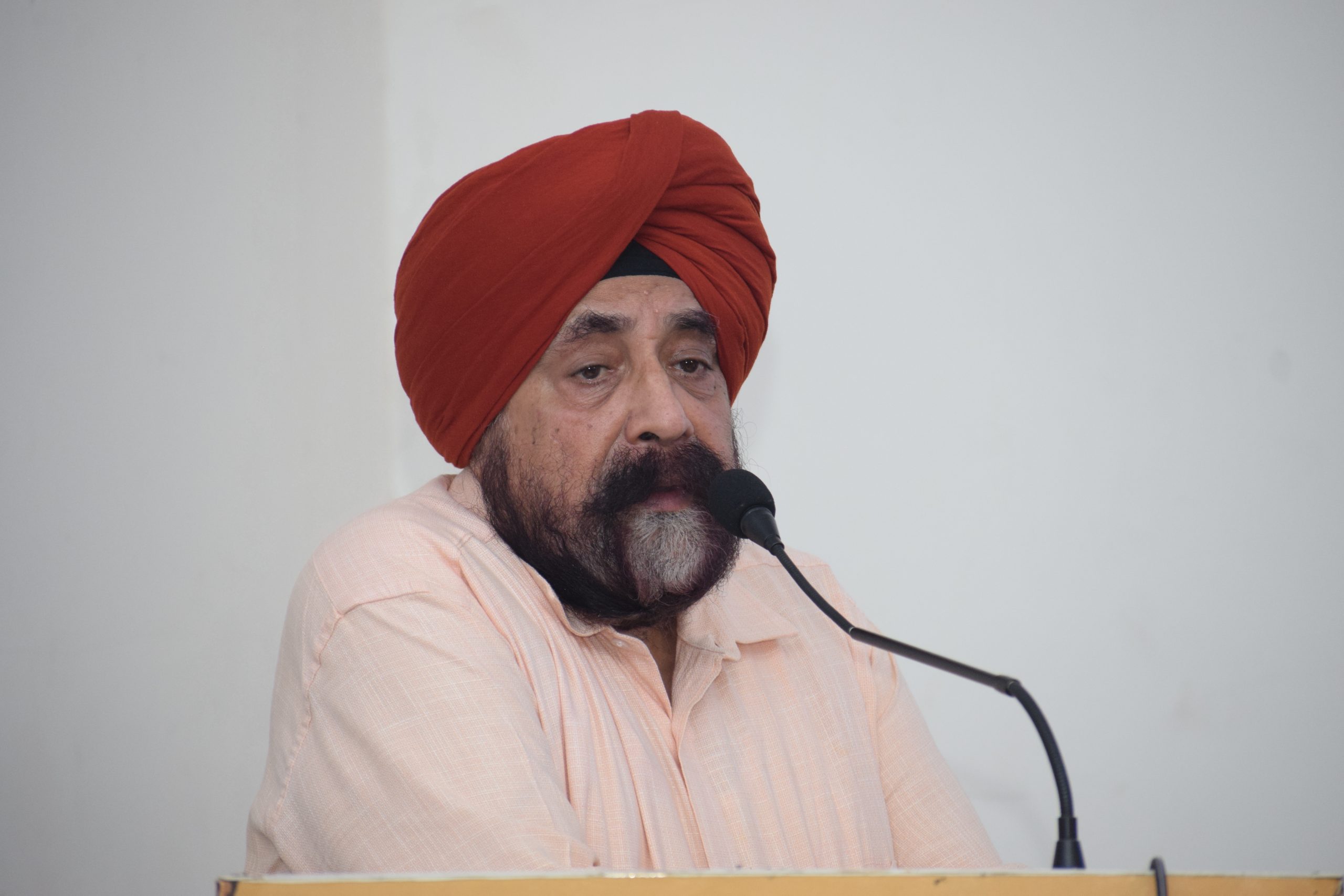
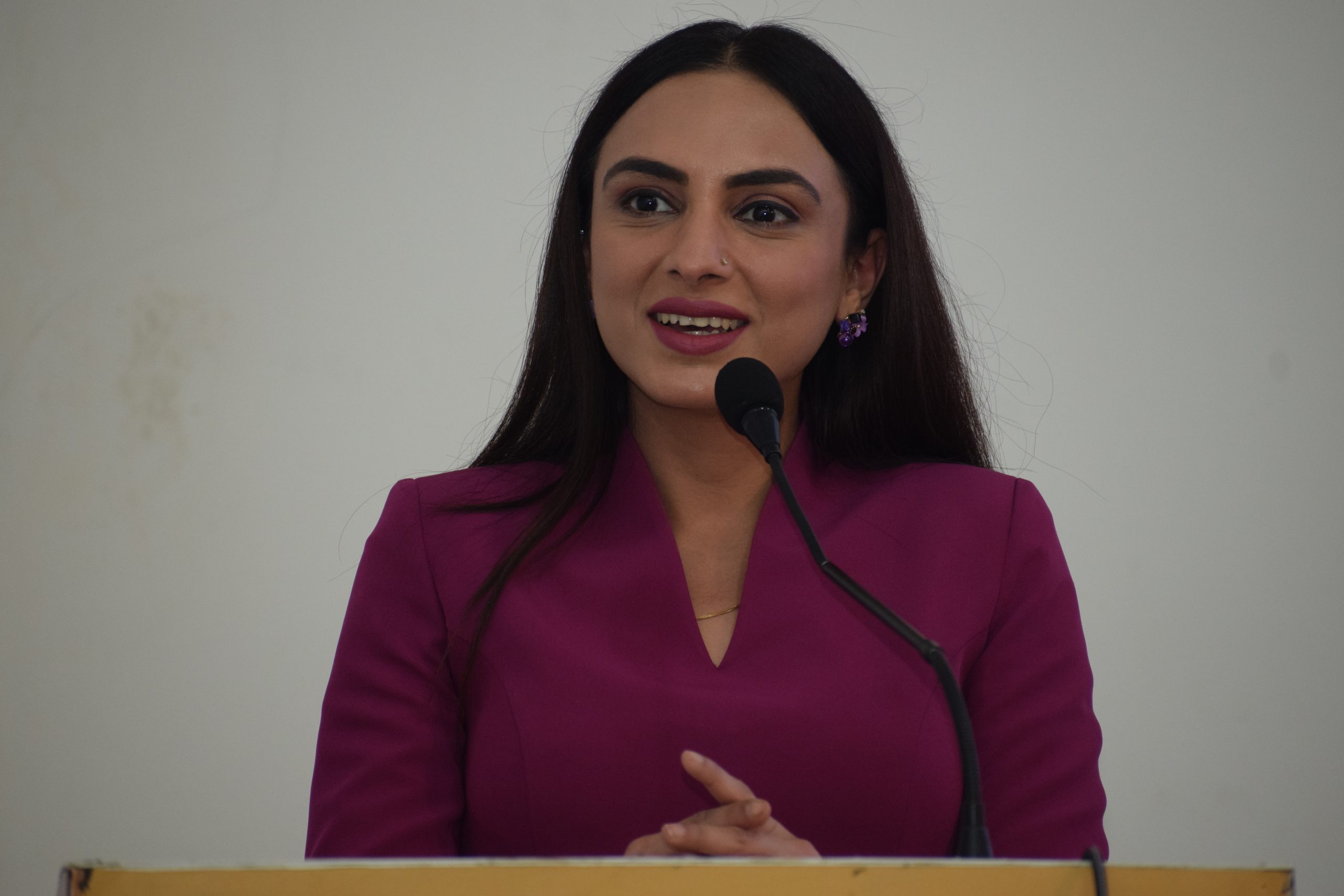
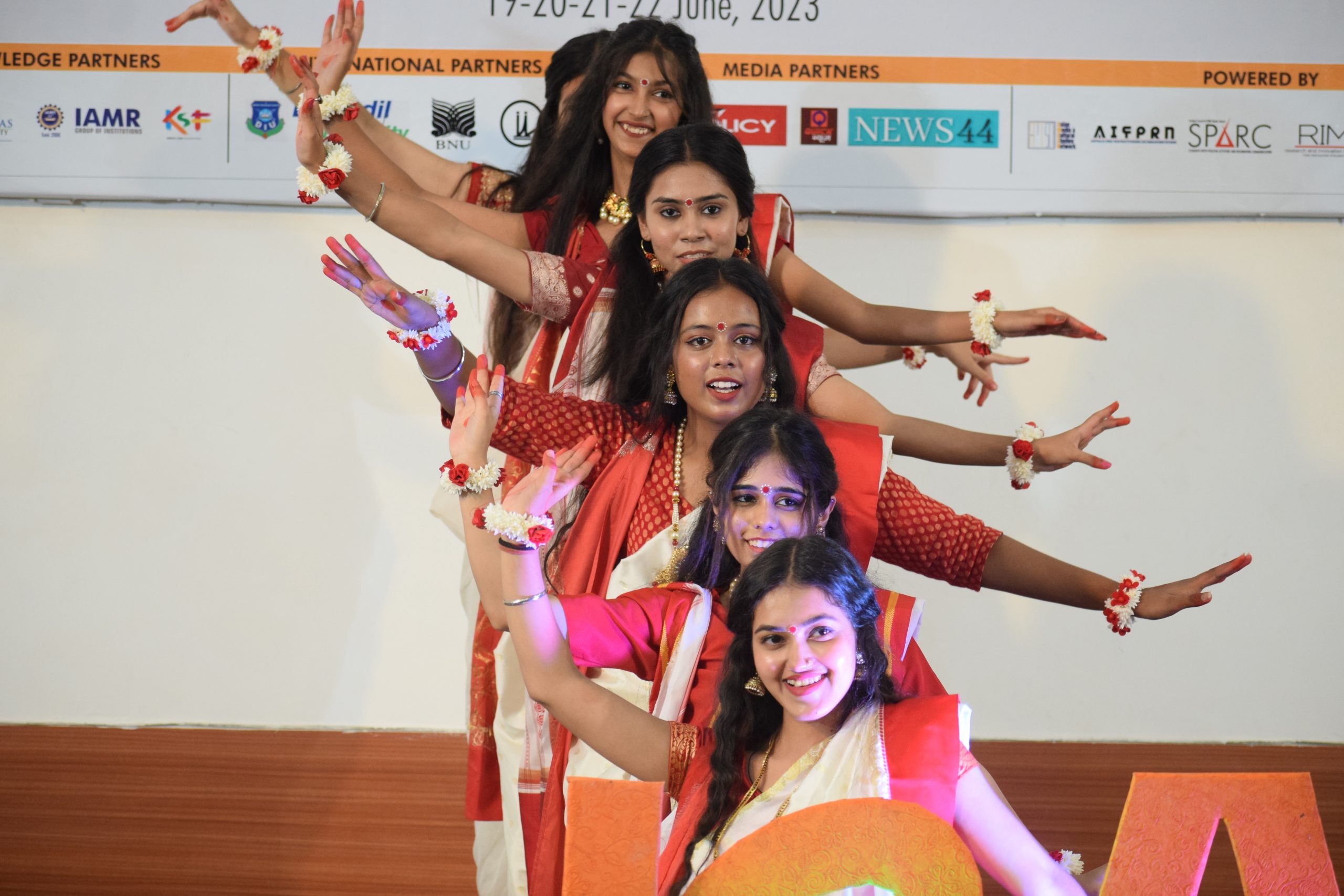
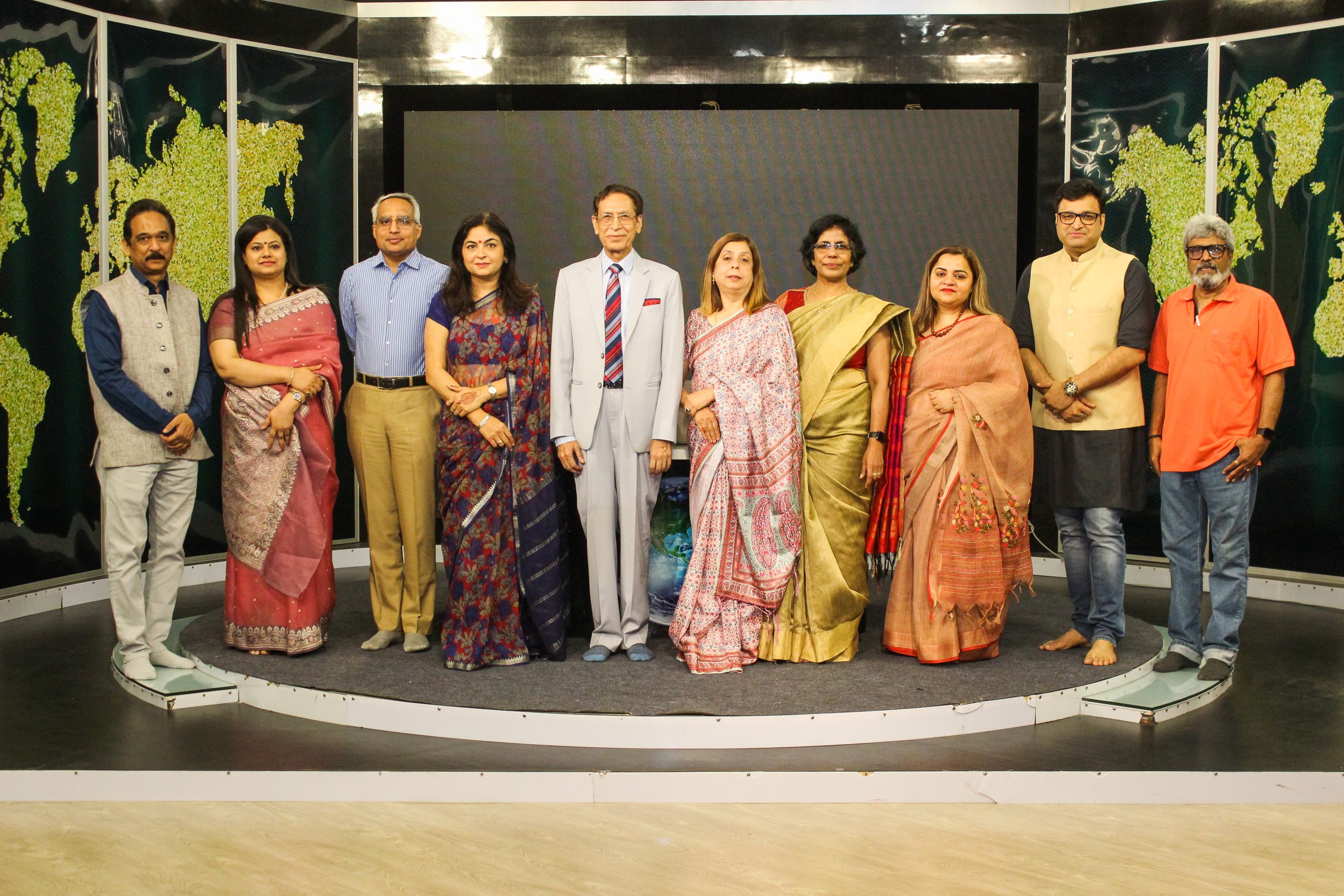
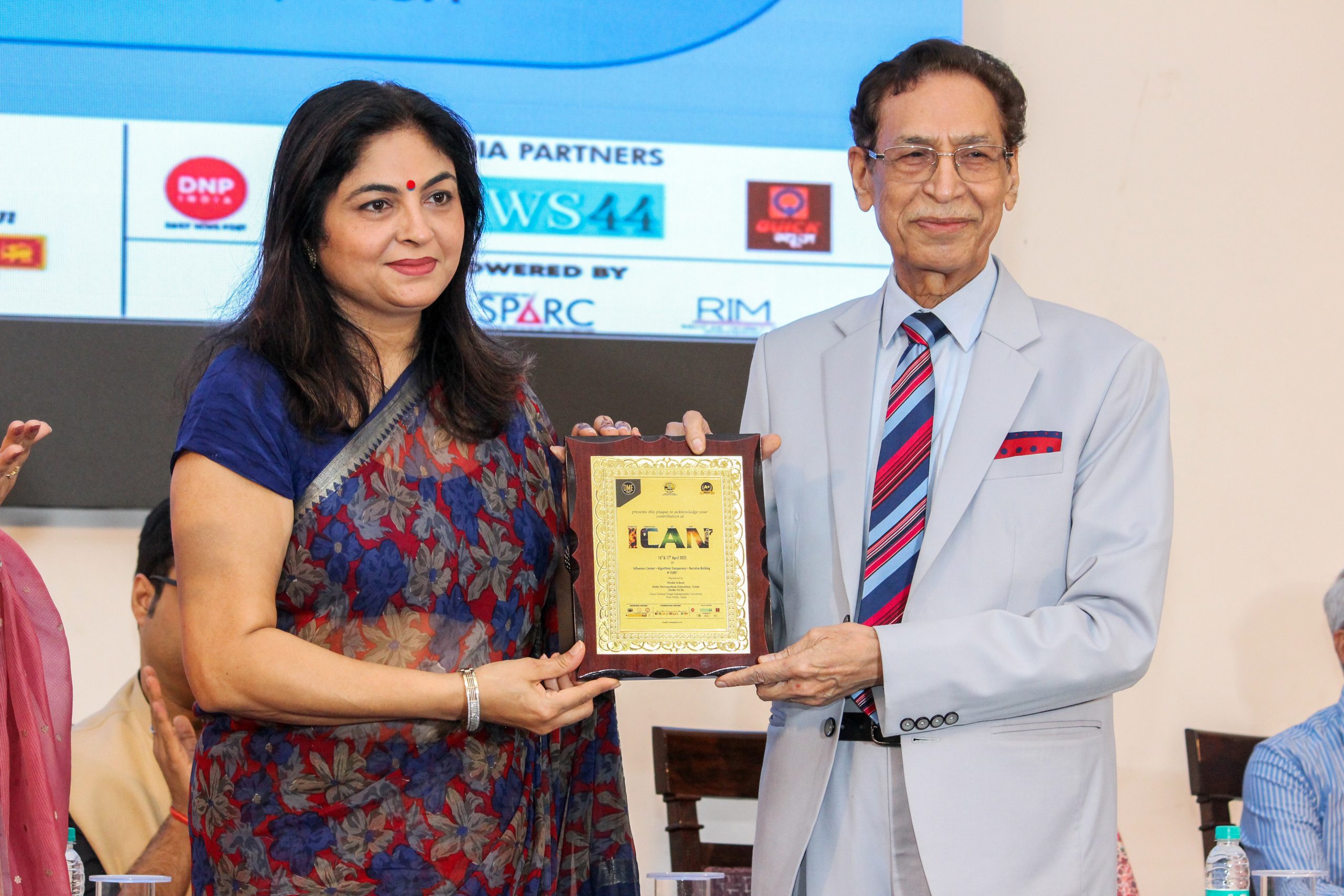
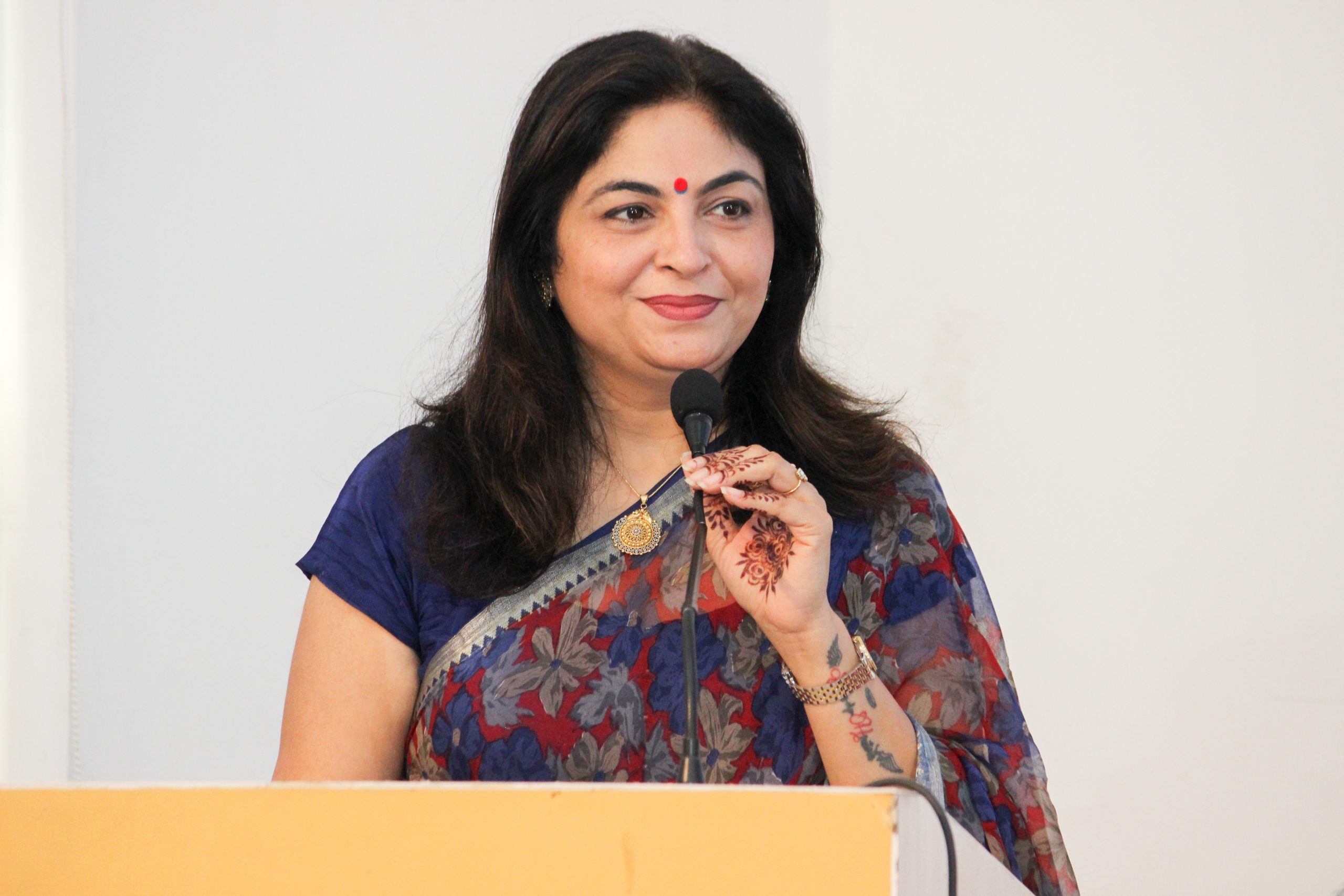
ICAN7 Proceedings Part I

ICAN7 Proceedings Part II

Reach us at – ican@dme.ac.in
KNOW MORE ABOUT ICAN
Seventh Edition of International Conference
Influeners Content#, Algorithmic-transparency# & Narrative Building# – ICAN
Influencer’s Content:
Influencer culture is a household name in this digital age and is especially a major post-Covid worldwide phenomenon that has attained steep rise to significance unlike anything ever seen in history of mankind. It is a dominant force in shaping trends, opinions and behaviour patterns. Individuals with significant following on social media play a pivotal role in disseminating relatable, niche or aspirational content, thus having a strong connect and a sense of trust with the audience. These aspects create an aura of authenticity and genuineness which has been missing in traditional media forums such as advertisements.
Influential content significantly shapes public discourse, social norms, sentiments, trends and lifestyle choices among the audience. This enables critical conversations to gain prominence in common social discussions, albeit with varying degree of depth and expertise. In addition, it is also relevant to political and social issues and enables grass root scale dissemination of information ranging as wide as political narratives to health & environment awareness. Through this influence, it opens up various new avenues for influencers to monetize the content through marketing and brand collaborations.
Despite its benefits, influential content has multitude of challenges ranging from mental health and screen addictions (audience as well as influencers), rapid/deliberate dissemination of misinformation and conspiracy theories, exploitation, socials bias and polarizing content. These trends bring to forefront even more serious concerns such as lack of privacy, stalking, harassment and bullying that may invoke challenges in legal domain. In absence of any regulatory controls, there is no control over the unethical content generation in the name of influential content.
Algorithmic Transparency
Algorithm-enabled technologies across many aspects of public and private life are increasingly sparking concerns about the lack of transparency regarding the inner workings of algorithms. This has led to calls for (more) algorithmic transparency (AT), which refers to the disclosure of information about algorithms to enable understanding, critical review, and adjustment.
The governments, corporations and private organizations throughout the world are exploring ways to address the issue of algorithmic best practices and accountability and provide the general public with as much transparency as possible to build trust
Algorithmic narrative refers to the use of algorithms to create, analyze, or influence storytelling. It is a concept that merges computational techniques such as Artificial intelligence, augmented reality, and deep fake content generation with the art of narrative construction, often applied in fields such as journalism, marketing, gaming, and creative writing.
As AI gains popularity as the next technology driver, media & journalism are also being driven to the AI Era. It is transforming the core fundamentals of the industry such as content generation. The concept of automated reporting and translation of real time data streams to cohesive narrative is improving the efficiency of content creation and at same time making it more personalized to the target audience.
At the same time, it is also leading the industry toward non-traditional approach that seemed impractical earlier but now slowly becoming a norm. Dynamic story telling that allows the narrative to be adjusted for different audience to overcome cultural and language barriers will enable a paradigm shift in the media industry.
However, as is true for any major technological advancement in history, this one is fraught with risk of misuse. In absence of algorithmic transparency, it is impossible to control credibility as well as inherent bias that underlying models may develop in course of learning. Another aspect that has been gravely alarming is the authenticity of content in the backdrop of deep fake videos going viral for all the wrong reasons. These aspects tend to generate a notion that none is safe irrespective of how vigilant they are. Last, but not the least, the biggest dilemma in a developing country like ours, how to address the threat of job displacement in media industry.
Narrative Building
Narrative building in media through algorithms refers to the strategic use of algorithmic systems to shape, amplify, or disseminate specific stories, ideas, or viewpoints. This involves leveraging computational tools like recommendation engines, data analytics, and machine learning to tailor content to audiences, control the flow of information, and influence public perception.
The interplay between algorithms and media narratives is a double-edged sword, capable of informing and connecting or misleading and dividing. A balanced approach, focusing on ethical design and transparent practices, is critical to leveraging their potential responsibly.
However, as is true for any major technological advancement in history, this one is fraught with risk of misuse. In absence of algorithmic transparency, it is impossible to control credibility as well as inherent bias that underlying models may develop in course of learning. Another aspect that has been gravely alarming is the authenticity of content in the backdrop of deep fake videos going viral for all the wrong reasons. These aspects tend to generate a notion that none is safe irrespective of how vigilant they are. Last, but not the least, the biggest dilemma in a developing country like ours, how to address the threat of job displacement in media industry.

Influencers Content#, Algorithmic Transparency# and Narration Building#
#Influencers’ Content
- Content & National Security
- Meme Culture &Trends
- Content on Media & Privacy
- Influencers’Content, Marketing & Environment
- DigitalSpace vs personal Space
- Citizen Journalism
- AI-PoweredTechnologies & Freedom of Expression
- AI& Copyright Issues
#Algorithmic Transparency
- AlgorithmicTransparency & Law
- AlgorithmicInfluence on Content Creation
- Algorithm & Society
- ArtificialIntelligence & Fact Checking
- Content Check & Censorship
- UsersPrivacy & Different Algorithm
- Information,Disinformation and Misinformation & Use of Algorithm
- ArtificialIntelligence & Teaching Leaning System
- Factchecking & Verification Tools
#Narrative – Building
- AffiliateMarketing
- CrisisCommunication & Narrative Building
- AIDriven Narrative and Ethics
- NewsBeats & Narrative Building
- MediaStory Telling & Narrative Building
- Health Information and Communication
- Social and Environmental Issues
- ManagingFake News & AI driven Narratives
CALL FOR PAPERS
| Abstracts Submission by | 10 Feb 2025 |
| Notification of Abstracts | 20 Feb 2025 |
| Period of Registration | 15-25 Feb 2025 |
| Deadline for Submission of Full Paper | 20 March 2025 |
| Publications of Abstracts in Conference Proceedings with ISBN | 10 April 2025 |
| Conference Dates | 16-17 April 2025 |
Important Dates
|
Deadline for submission of Abstracts |
20 Jan 2025 |
|
Notification of Acceptance of Abstracts |
30 Jan 2025 |
|
Period of Registration |
15 Feb 2025 |
|
Deadline for Submission of Full Paper |
25 Feb 2025 |
|
Deadline for Publication of Proceedings |
DME MEDIA SCHOOL
DME Media School, one of the top media schools in the country, focuses on the growth of the faculty members and the students through academic and co-curricular activities. Its flagship programs include International Media Conference ICAN, International Film Festival CIFFI and Convention of Media Students Vritika. Media School also organises Inspiration programme Vibrant India Series, Chat Show face2face and B G Verghese Lecture Series.
CIFFI
Cineaste International Film Festival of India – CIFFI: This festival is the only film festival in the world organized by two educational institutions of two countries located in different continents. DME organizes this festival in association with Deakin University, Melbourne.
The first edition of CIFFI was organized on April 17-20, 2019. This 4-day festival comprised 81 screenings, 4 curate sessions, 3 workshops and 2 master classes. Filmmakers and film experts from 12 countries participated in this festival. The second edition of CIFFI organized on December 15-21, 2021 became the World’s First 7- Day Hybrid International Film Festival by educational institutes. The highlights included110 films from 10 countries, 10 Indian States and 10 languages in 7 categories with 21 sessions.
CIFFI 2021 with the tagline of Cinematic Rejuvenation held again on December 15-21 further experimented with hybrid mode. This third edition reached the next level with 3130 films in 40 languages (10 Indian languages) from 111 countries. A total of 438 films were screened in the film with a runtime of 438 hours. This festival was supported by 17 partners.
VRITIKA
Starting as a one-day film festival and converted as a two-day media festival, Vritika has finally grown as a three-day Convention of Media Students. The fifth edition of Vritika was organized on October 11-13, 2021 with “United India, Unique Minds” as its theme.
The inauguration was graced by Ms Sheetal Rajput, Senior TV Journalist and News Anchor and Dr Mara Mihaela Panaite, Associate Lecturer, Transylvania University of Brasov, Romania.
In the valedictory of Vritika, Ganesh Shankar Vidyarthi Award for Value-based Journalism was conferred posthumously on two noted journalists who laid down their lives in the line of duty. The award was bestowed upon Pulitzer Prize winner and photo journalist Mr Danish Siddique, who sacrificed his life while covering the conflict between Afghanistan forces and Taliban on July 16, 2021 and Mr Ashish Kumar, a senior TV journalist who laid down his life while performing his editorial responsibilities towards truth and well-being of citizens during COVID 19 crisis on May 1, 2021.
VIBRANT INDIA SERIES
DME Media School, Delhi Metropolitan Education launched Vibrant India series– VIS for celebrating 75 years of India’s Independence on August 9, 2021. Conceptualized and created by Dr Ambrish Saxena, Professor and Dean, DME Media School, this programme is a unique way to pay tributes to all those people who made sacrifices for the Independence of this country.
As part of this series, 75 inspiring personalities are being invited for online talk, interview and interaction with students. The objective of this programme is to inspire the students and ensure their contribution in nation building. By the end of 2021, 21 illustrious personalities have been showcased.
FACE2FACE
This unique Chat Show with the Dean was ideated by Dr Ambrish Saxena, Professor and Dean, DME Media School during the onslaught on COVID-19 in 2020. The idea behind this trust series face2face was to infuse confidence among the students and reinforce trust between the teacher and the taught.
Projected as a web series with real characters, Dr Ambrish Saxena anchors this programme and interacts with three students on lighter aspects of their life, family, friends, teachers and their career. In 2021, second season of this series was held.
B G VERGHESE LECTURE SERIES
Under this series, a special lecture is organized every month with eminent media personalities and experts on issues related to media and other subjects of contemporary value. Since its institution in 2015, a good number of scholars and media practitioners have spoken in this series. These include Mr N K Singh, Mr Prashant Tandon, Mr Prabhat Shunglu, Prof. K G Suresh, Prof. Ujjwal K Chowdhury, Mr Paranjoy Guha Thakurta, Mr Rajesh Badal, Mr Harvir Singh, Mr Subhomoy Bhattacharjee, Mr Aman Hingorani and Ms Archana Datta.
Since 2021, many foreign scholars have delivered special lectures under this B G Verghese Lecture Series including Dr Eylem Atakav (UK), Dr Ali Reza Bastani (Iran) and Dr Andrew Otis (US).
FDPS ON PEDAGOGY AND RESEARCH
DME Media School organizes Faculty Development Programmes (FDPs) and Peer-to-Peer FDPs on teaching methodologies and media research on a regular basis.
MEDIA FACULTY DEVELOPMENT PROGRAMME (MFDP) 2018
One-week Media Faculty Development Programme (MFDP) was organized by DME Media School on Developing Scientific Approach in Media Teaching from July 9 to14, 2018.
This MFDP was inaugurated by Prof. J S Yadava, former Director of Indian Institute of Mass Communication while valedictory was graced by Prof. Jaishri Jethwaney, former Course Director, Advertising and Public Relations, Indian Institute of Mass Communication.
Besides Dr Ambrish Saxena (ZEE Group), the resource persons included Mr Qamar Waheed Naqvi, former News Director, Aaj Tak, Dr Pallavi Majumdar, Joint Acting Head, Amity School of Communication, Amity University, Noida, Dr Kiron Bansal, former Director, School of Journalism and New Media Studies, IGNOU, New Delhi and Dr Anand Pradhan, Professor in Indian Institute of Mass Communication (IIMC). Senior faculty members from the University School of Mass Communication (USMC), Guru Gobind Singh Indraprastha University – Dr Kulveen Trehan, Mr Vinay Shanker and Dr Sarvesh Dutt Tripathi also took session in this MFDP.
FACULTY DEVELOPMENT PROGRAMME (FDP) 2019
One-Week Faculty Development Programme (FDP) on Qualitative and Quantitative Research was organized by Delhi Metropolitan Education (DME) for the faculty members of three schools – Media, Management and Law, on June 7 – 13, 2019
Dr Jatin Srivastava from Ohio University, USA, was the main resource person of this academic endeavour.
Veterans like Prof. R. Sreedher, former Director, EMPC, IGNOU and Prof. K G Suresh, former DG of IIMC added value to this faculty development program. The resource persons comprised senior media educators from IIMC – Prof. Shivaji Sarkar, Prof. Anubhuti Yadav, Prof. Sunetra Sen Narayan and Mr Pawan Koundal. The participants included faculty members from other institutions.
FACULTY DEVELOPMENT PROGRAMME (FDP) 2021
RIM-Research and Innovation in Media, the research cell of DME Media School, organized a 3-Day Faculty Development Programme on Qualitative Research focusing on content analysis, grounded theory and case study. It was organised as part of a collaboration between Delhi Metropolitan Education and the Indian Teacher Education Community Group India (ITEC).
The FDP started on January 28, 2021 and initially the sessions were scheduled till January 30. However, the sessions continued till February I in view of the participants request.
PEER FACULTY DEVELOPMENT PROGRAMME (PFDP) 2019
DME Media School keeps conducting experiments in innovative teaching and training. In 2019, Dr Ambrish Saxena, Professor and Dean, DME Media School, conceptualized peer-to-peer learning and introduced this concept by initiating Peer-to-Peer Faculty Development Programmes.
Two-Day Peer Faculty Development Programme (PFDP) was conceived and organized by DME Media School on January 3 – 4, 2019. The sessions were taken by all the faculty members of DME Media School and they themselves attended the sessions.
PEER FACULTY DEVELOPMENT PROGRAMME (PFDP) 2020
Two-Day Peer Faculty Development Programme (PFDP) on Tools and Techniques of Media Teaching was conducted by DME Media School on February 18 – 19, 2020. The sessions were taken by 17 faculty members of DME Media School as they themselves attended the sessions.
PEER-TO-PEER FACULTY DEVELOPMENT PROGRAMME (P2P FDP) 2021
Two-Day Peer-to-Peer Faculty Development Programme (P2P FDP) on Media Teaching in the period of COVID-19 was organized by DME Media School on February 18 – 19, 2021. This P2P FDP was conceived and executed as an FDP of the faculty, by the faculty, for the faculty. In this peer-to-peer learning exercise, 15 faculty members of DME Media School participated. They made presentations and each presentation was followed by discussions and deliberation
Delhi Metropolitan Education
Delhi Metropolitan Education (DME) is an ‘A’ grade premier educational institute affiliated to Guru Gobind Singh Indraprastha University, New Delhi and approved by Bar Council of India. The Institute offers BBA, BALLB & BBALLB (with BCI approval) and BA (JMC) programmes. It believes in imparting world class education to its students while training them to develop and enhance their skills. This education and training enables them in taking up challenges of the industry and creating a space for themselves with their competence and vigour. The institute is located in Sector-62, NOIDA, adjacent to NH-24 at 5-7 min driving distance from Delhi border and in proximity of NO IDA, NO IDA Extension, Vaishali, Indirapuram, Mayur Vihar, Laxrni Nagar, Kaushambi and Crossing Republic, Ghaziabad. The elegant campus has a regal British styled building with many modern facilities including the impressive Nelson Mandela Auditorium, Rabindranath Tagore Library, exquisite audio and video studios, a moot court, a legal aid centre, computer labs, conference rooms and cafeteria. It is promoted by the founders of Mayoor School, Noida (in collaboration with GC MAYO College, Ajmer) and Delhi World Public School, Naida Extension. Delhi Technical Campus is the technical education arm of the institute, running AICTE and COA approved technical education programs viz., B.Tech., B. Arch. and MBA.

